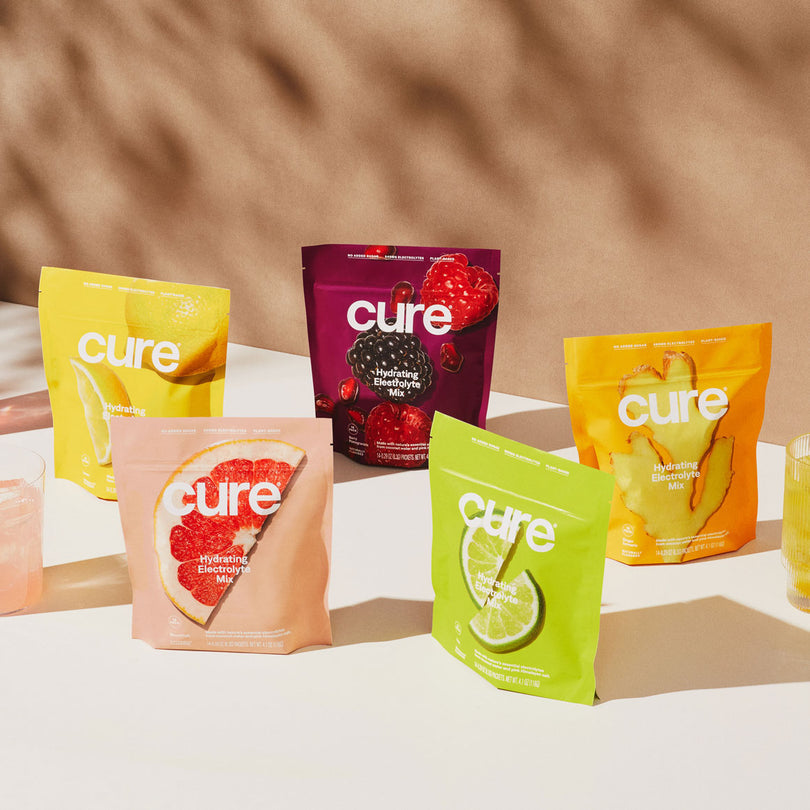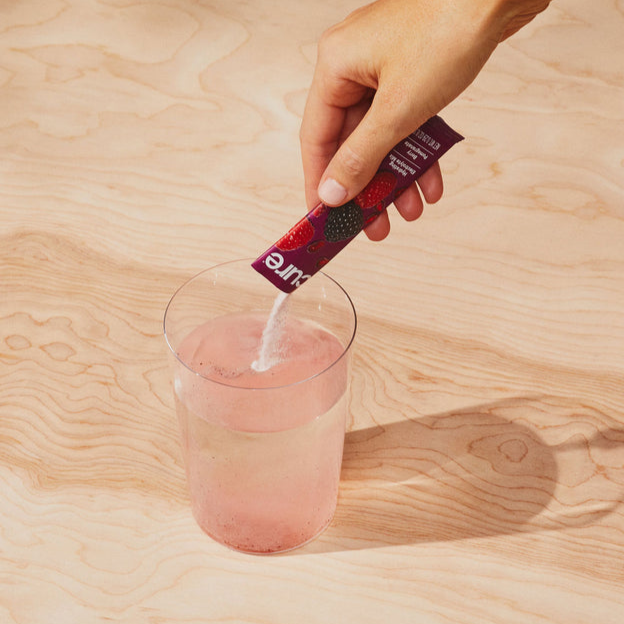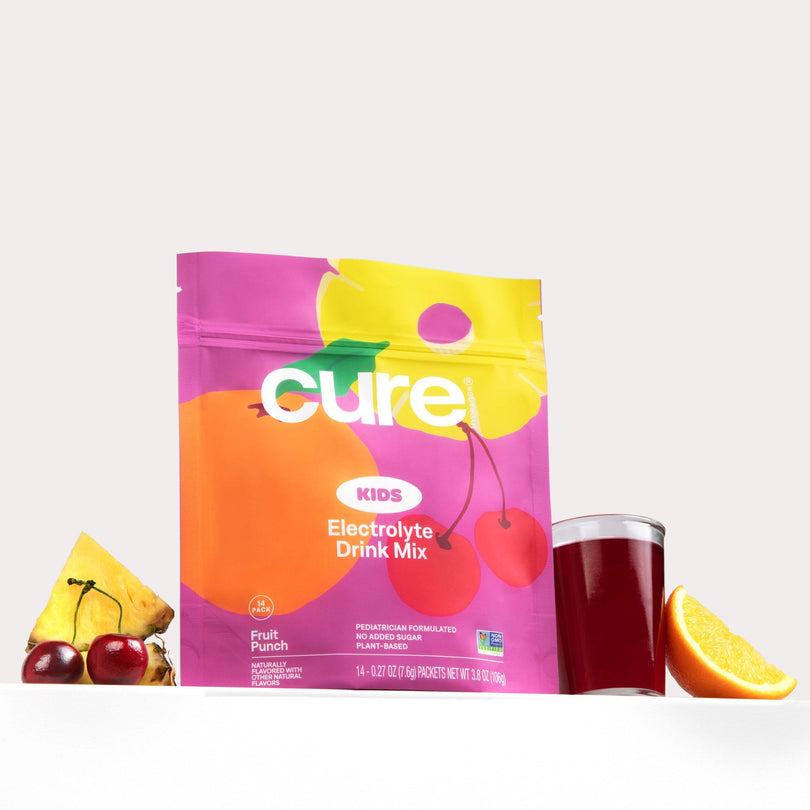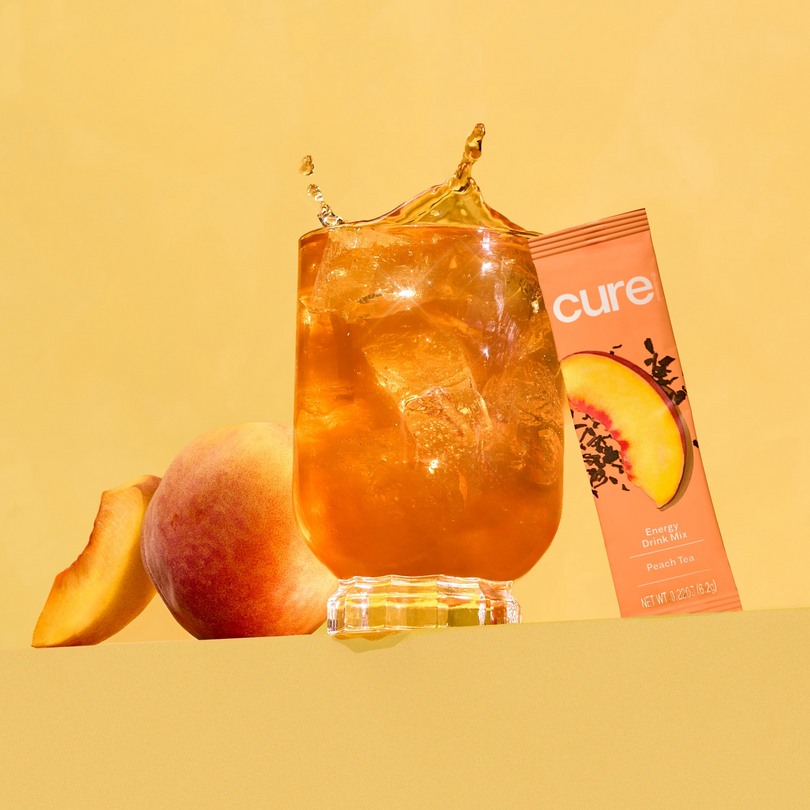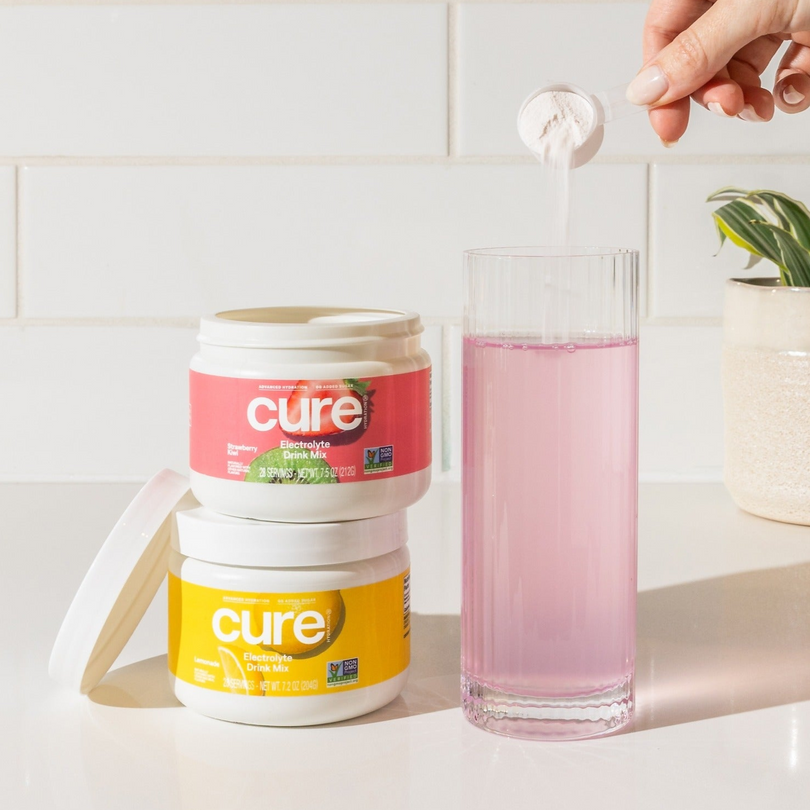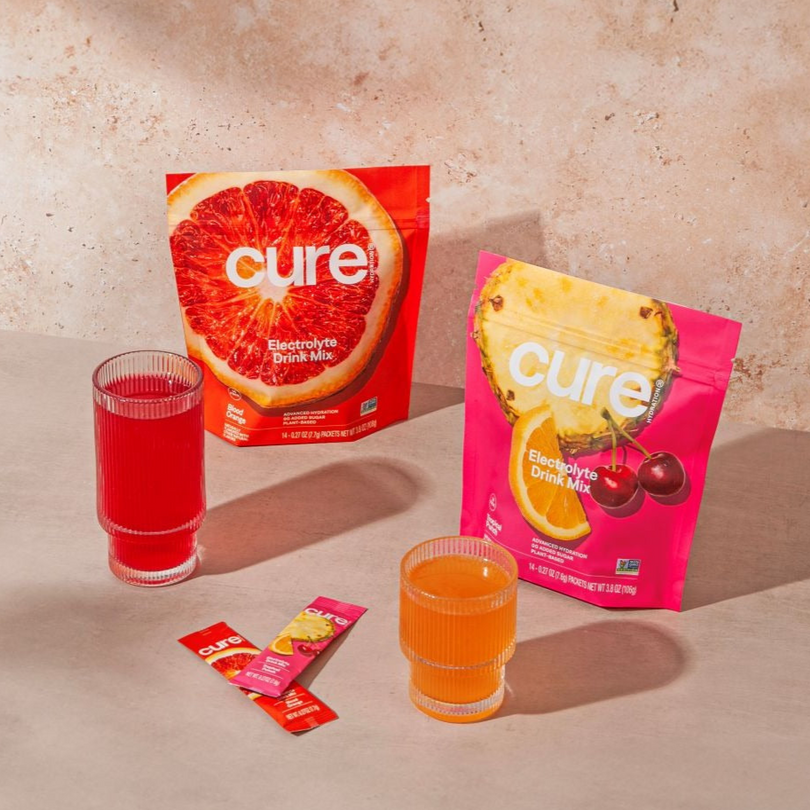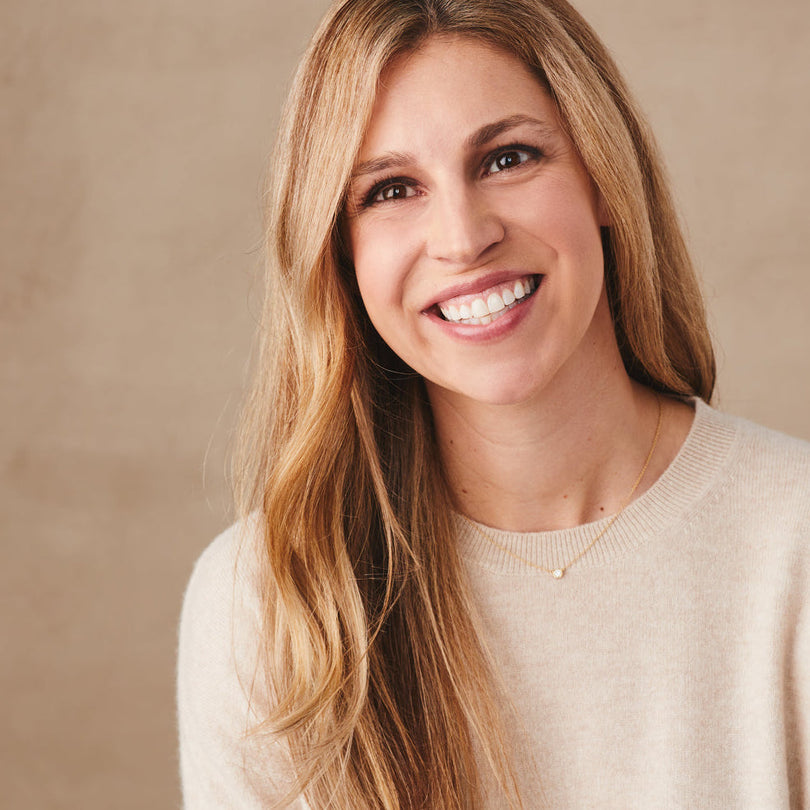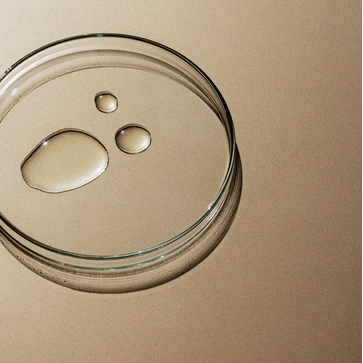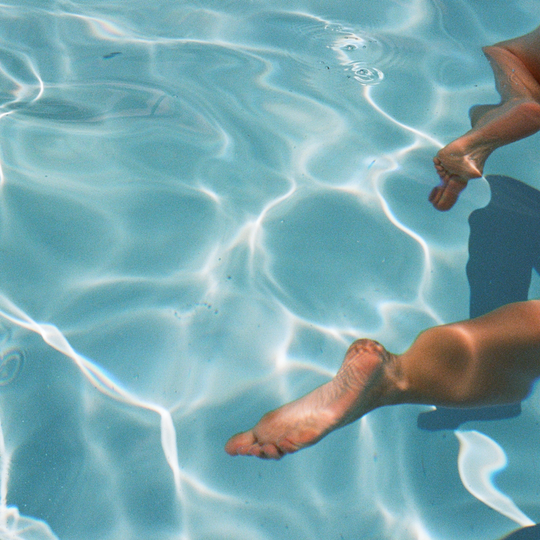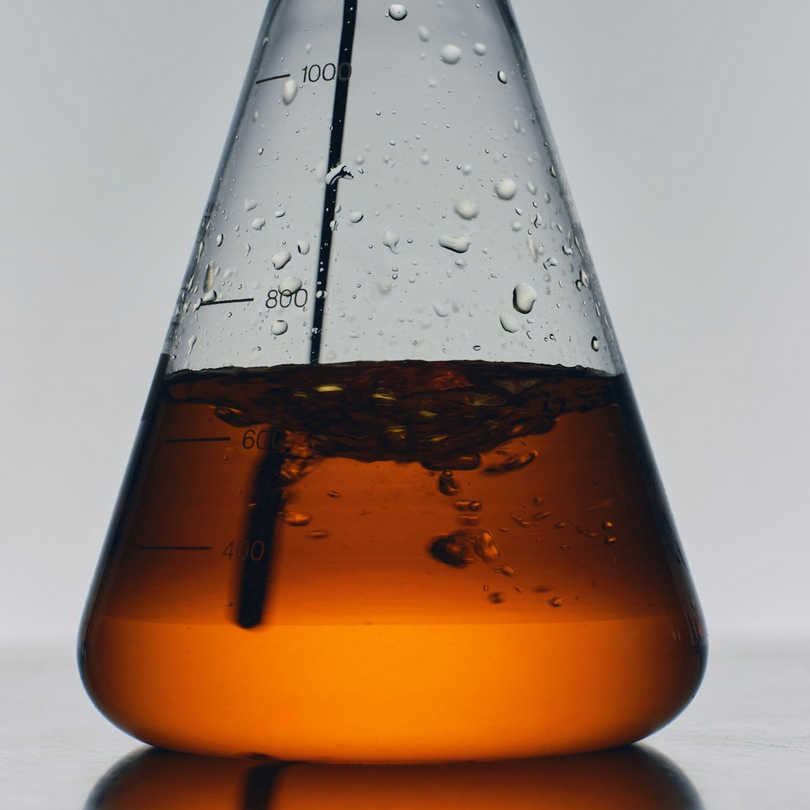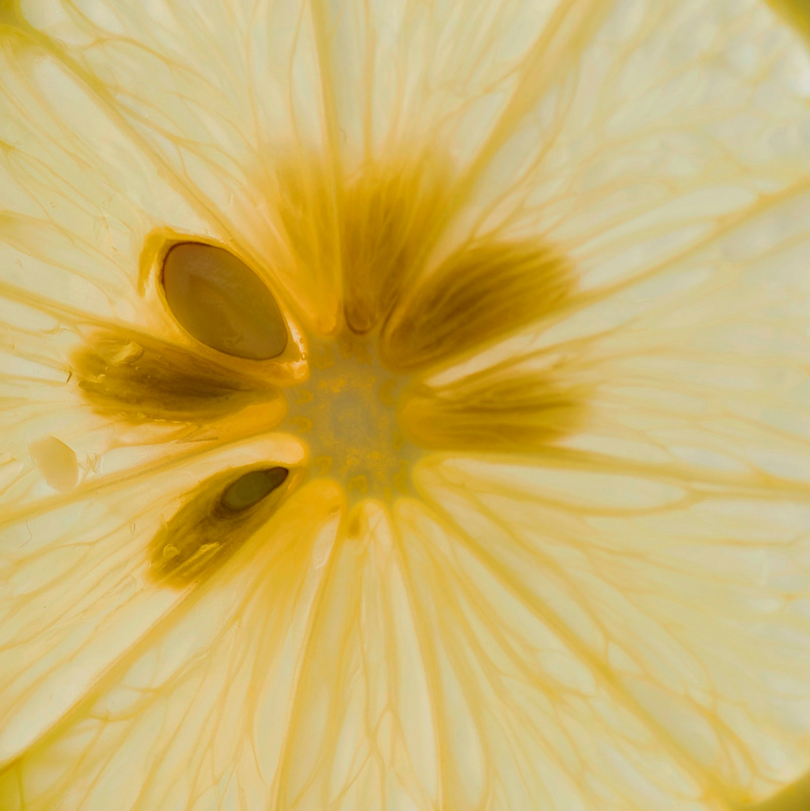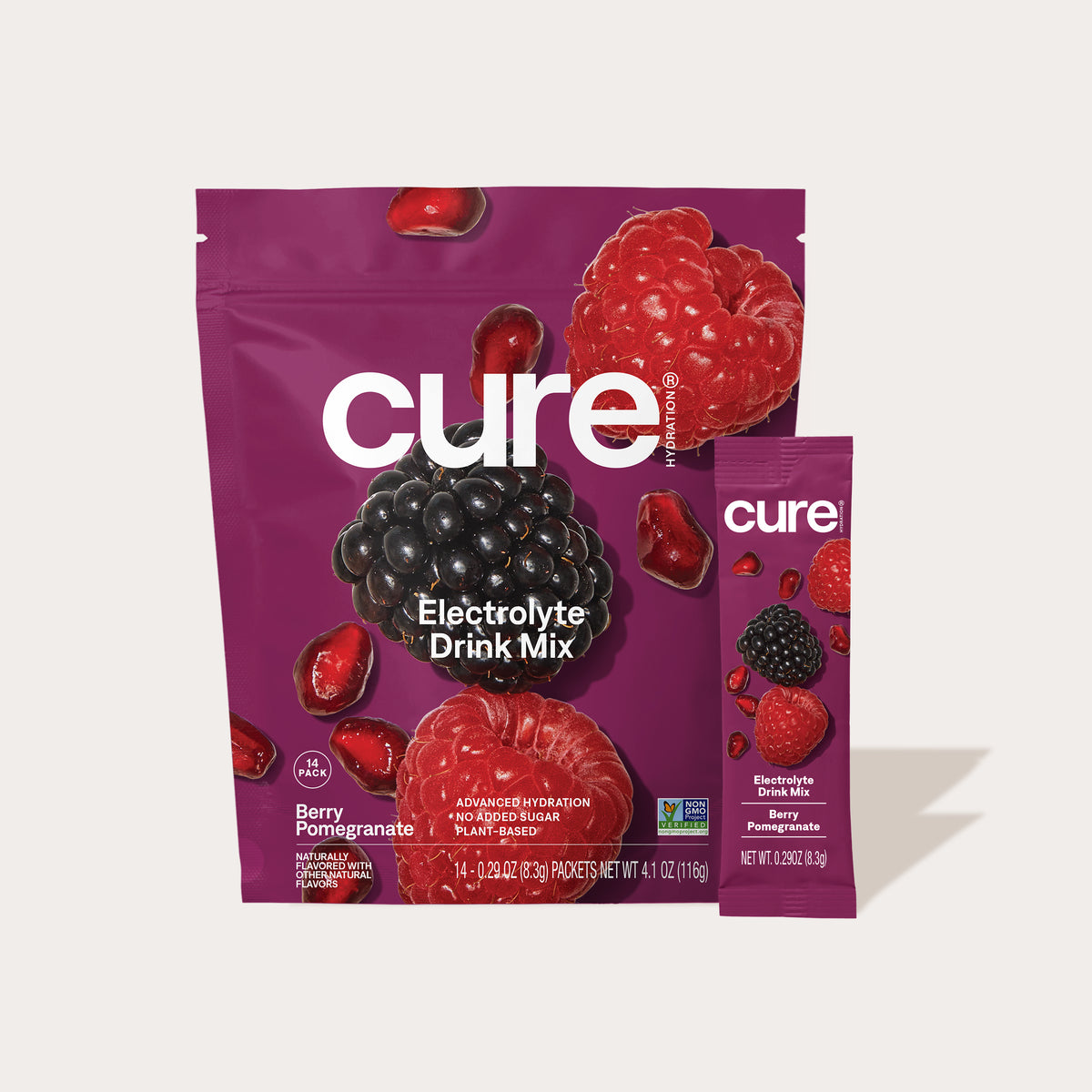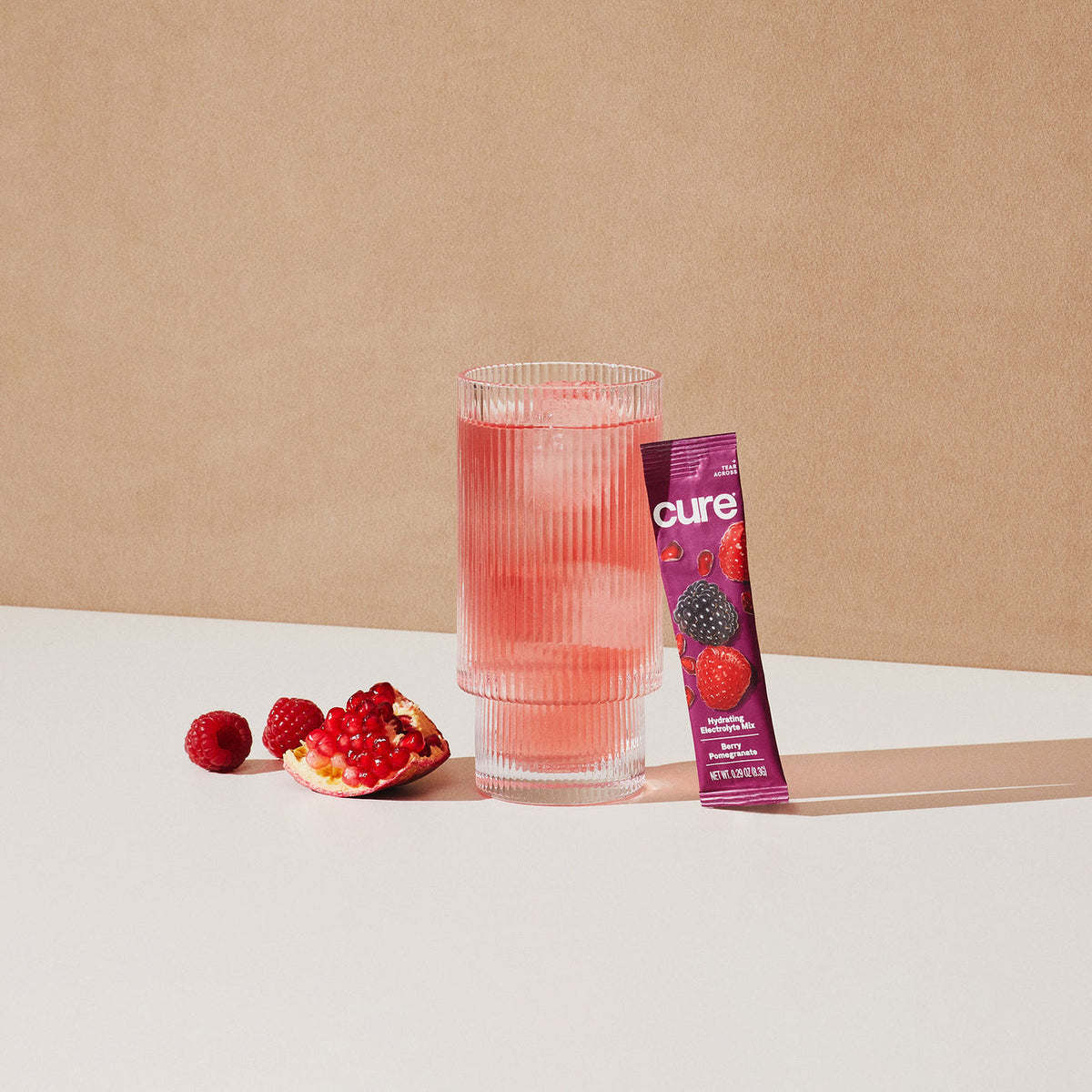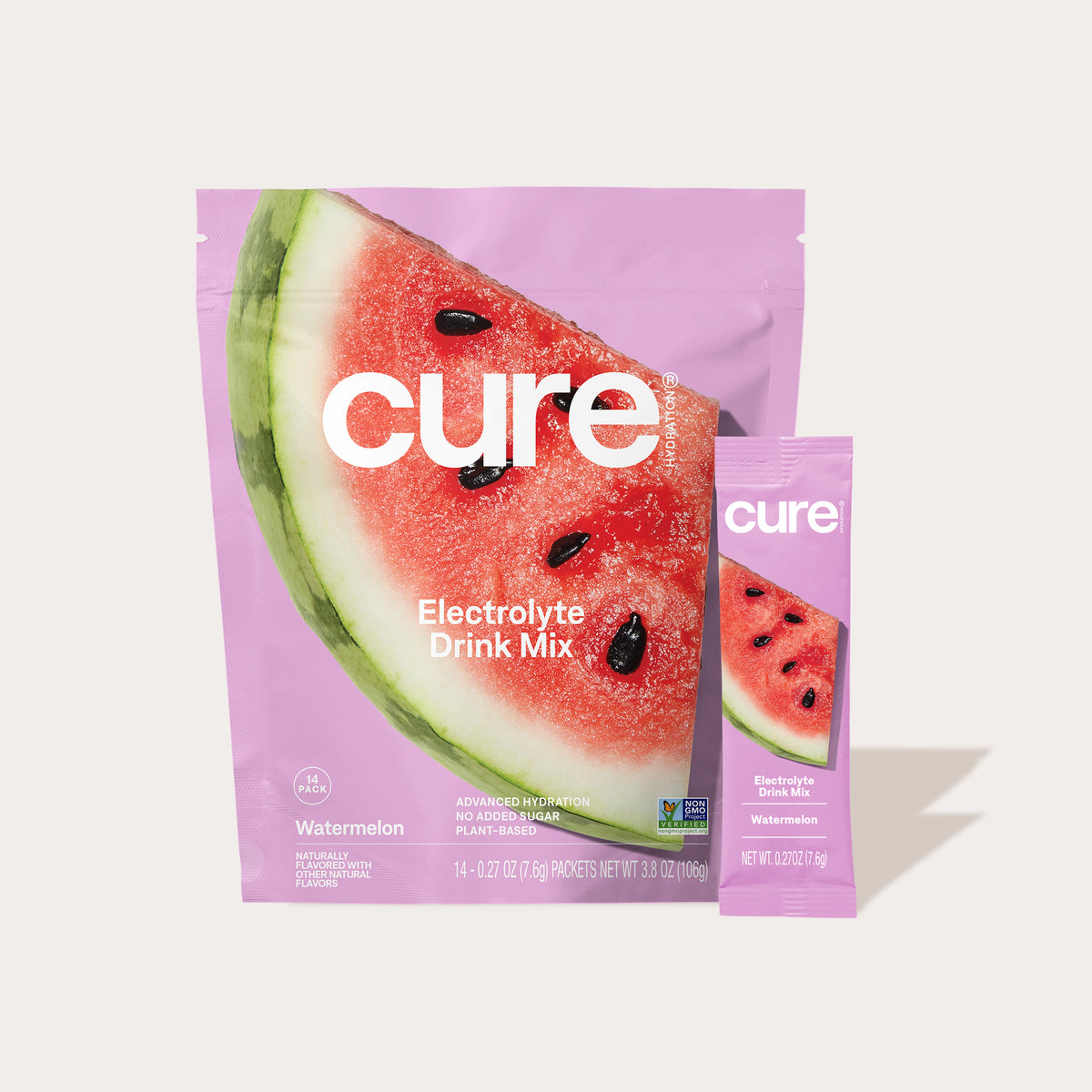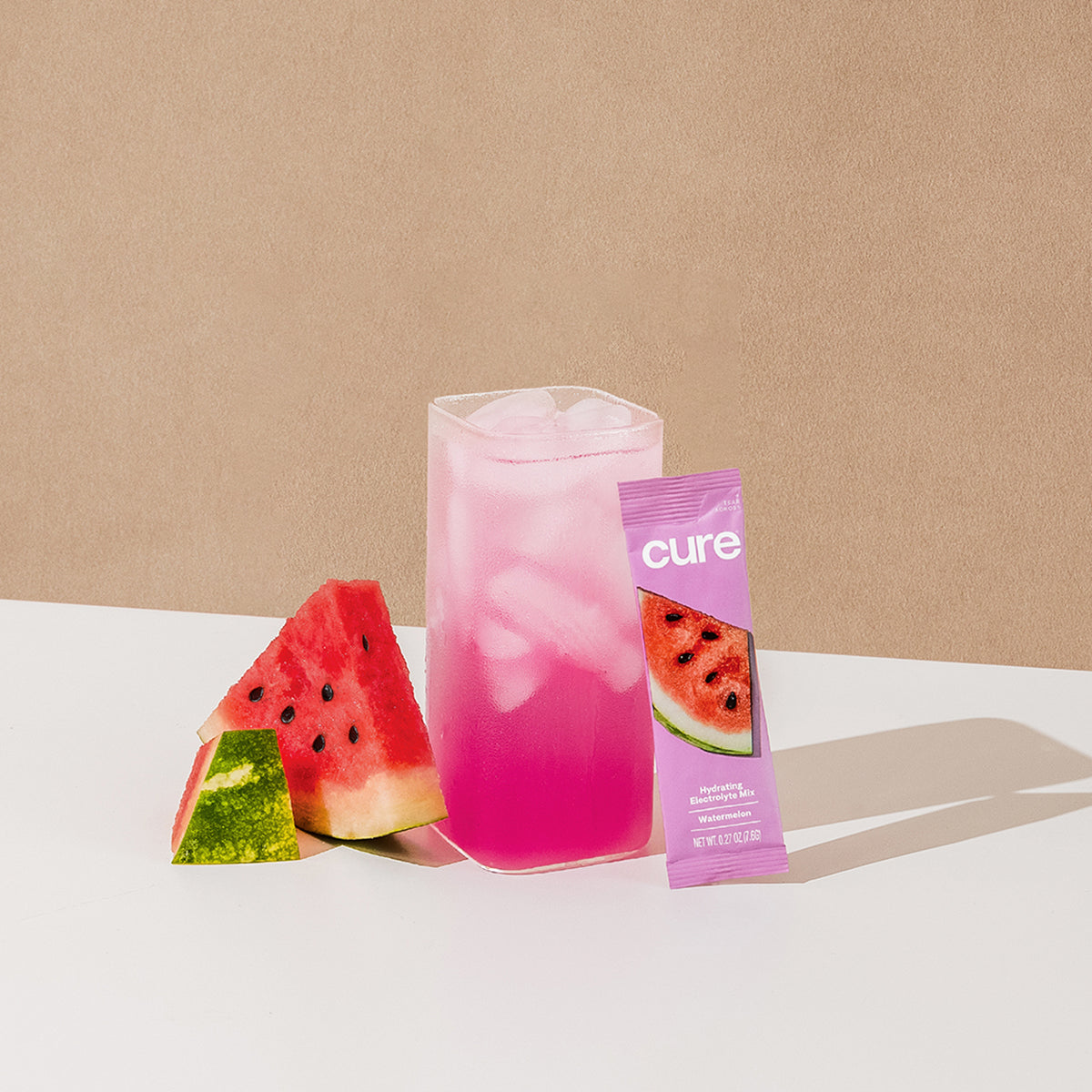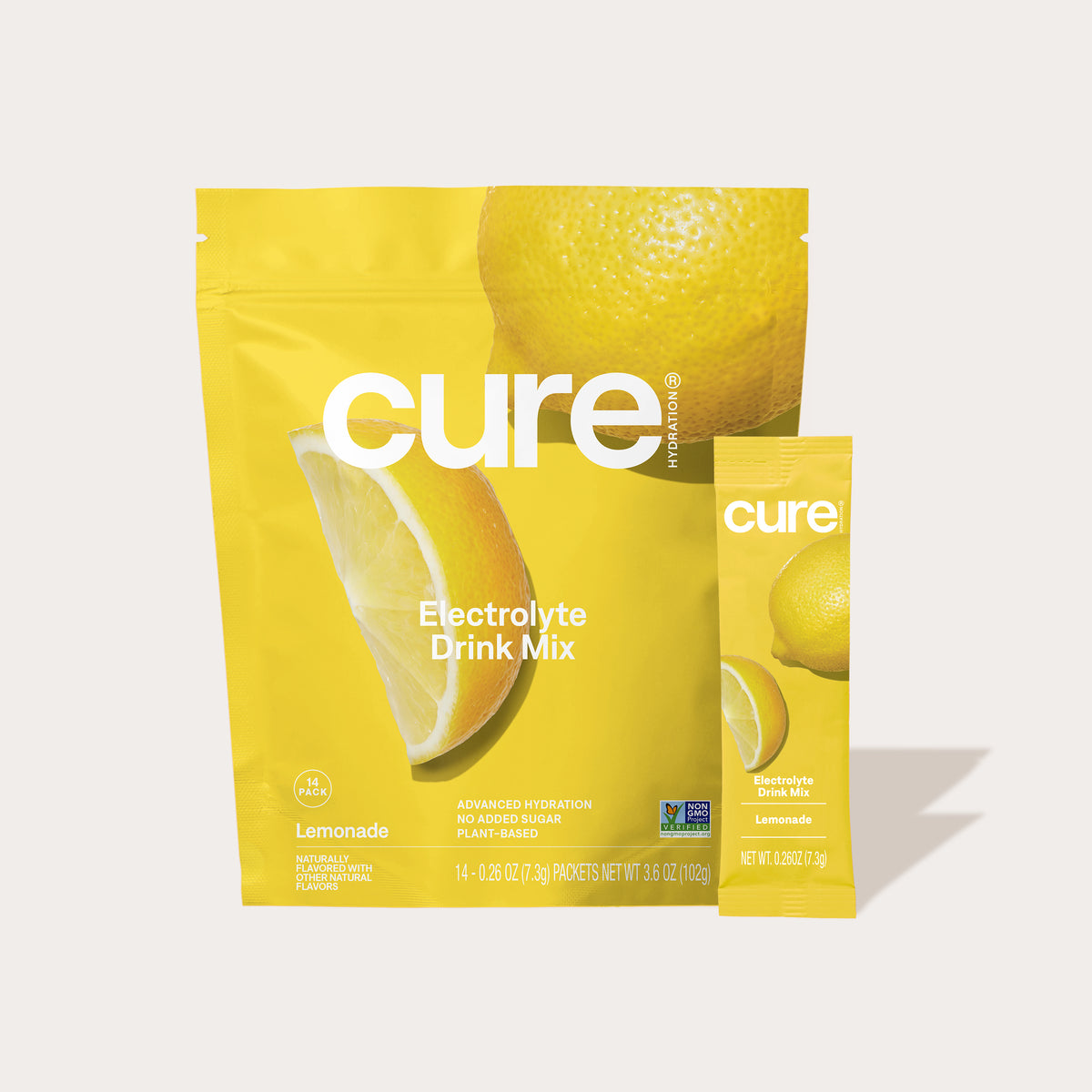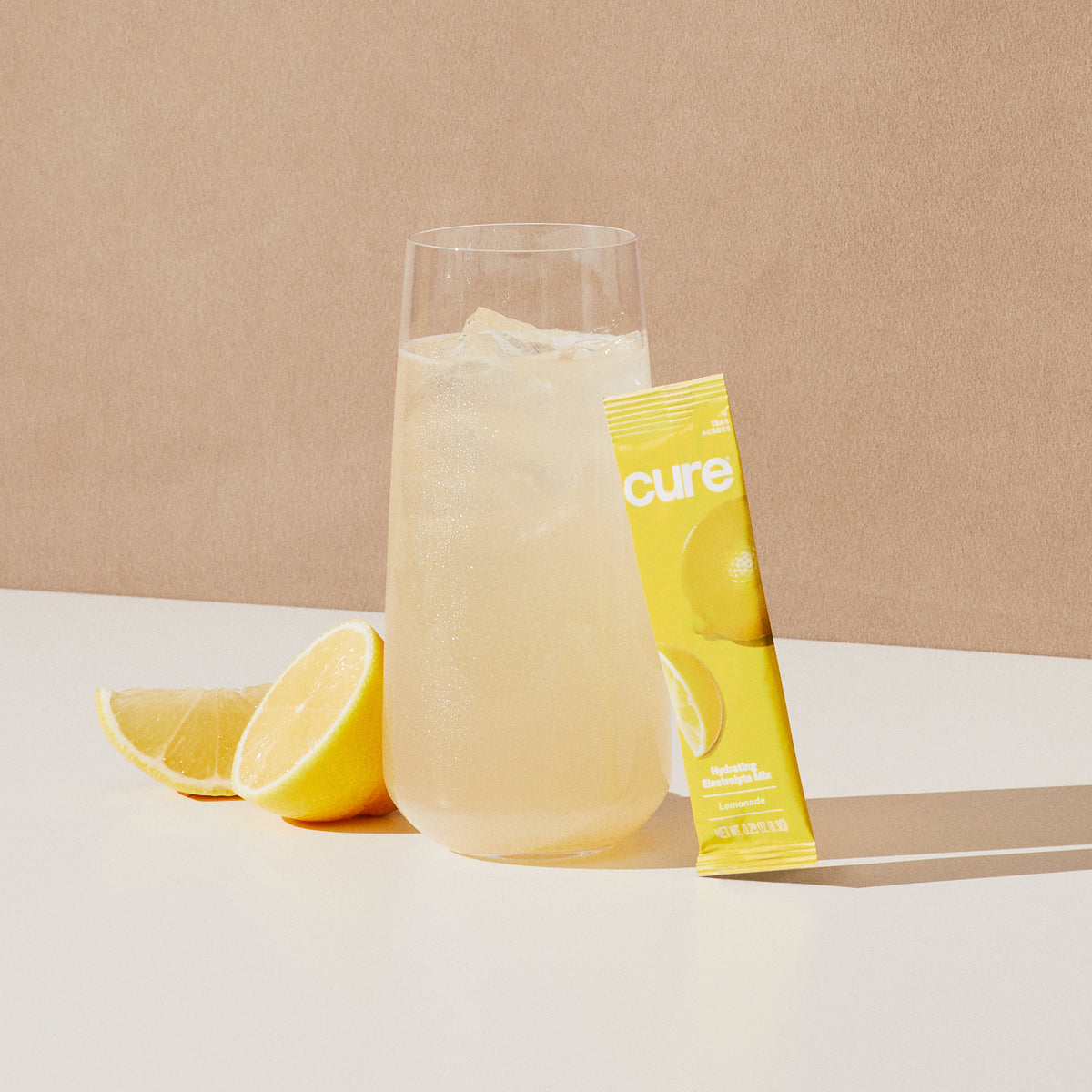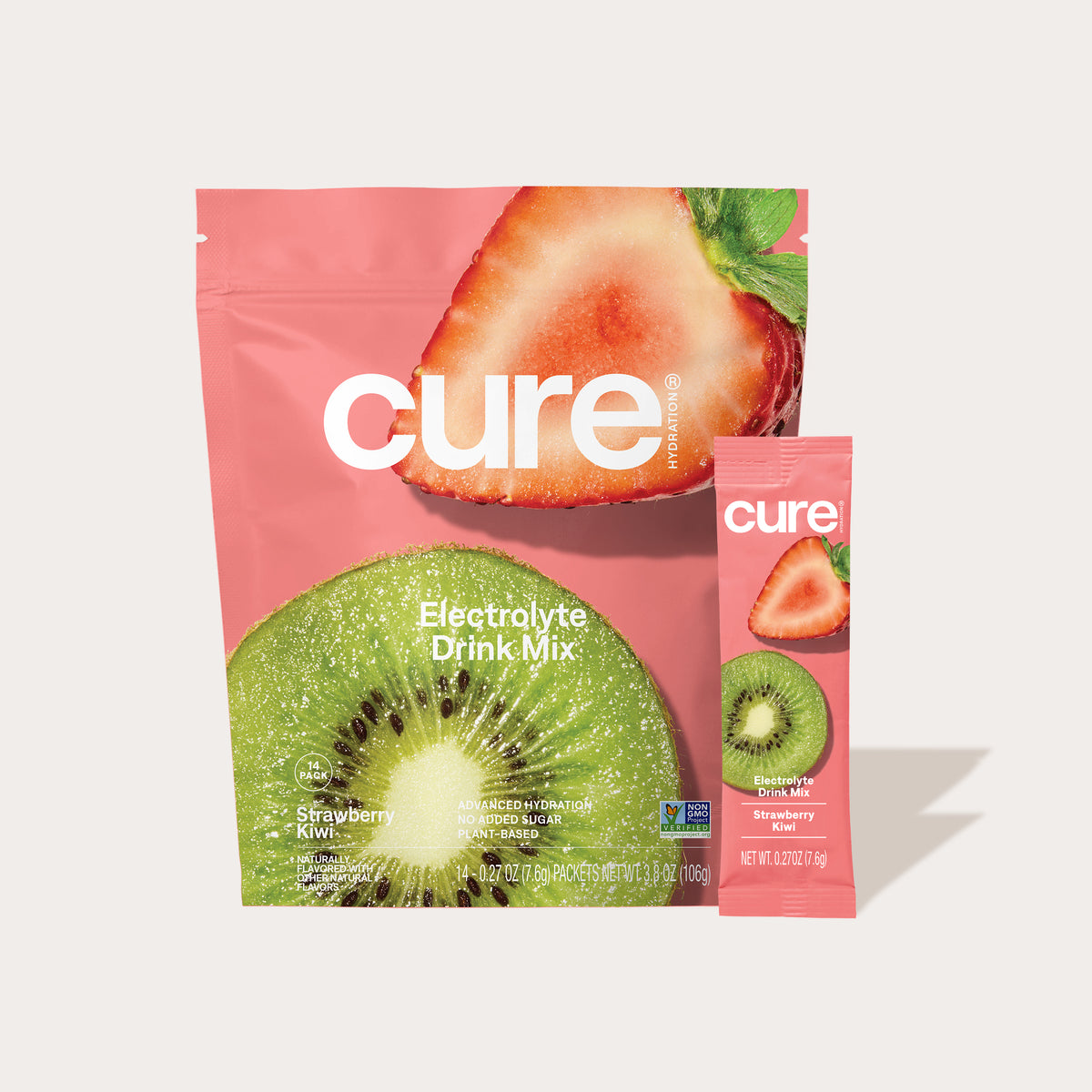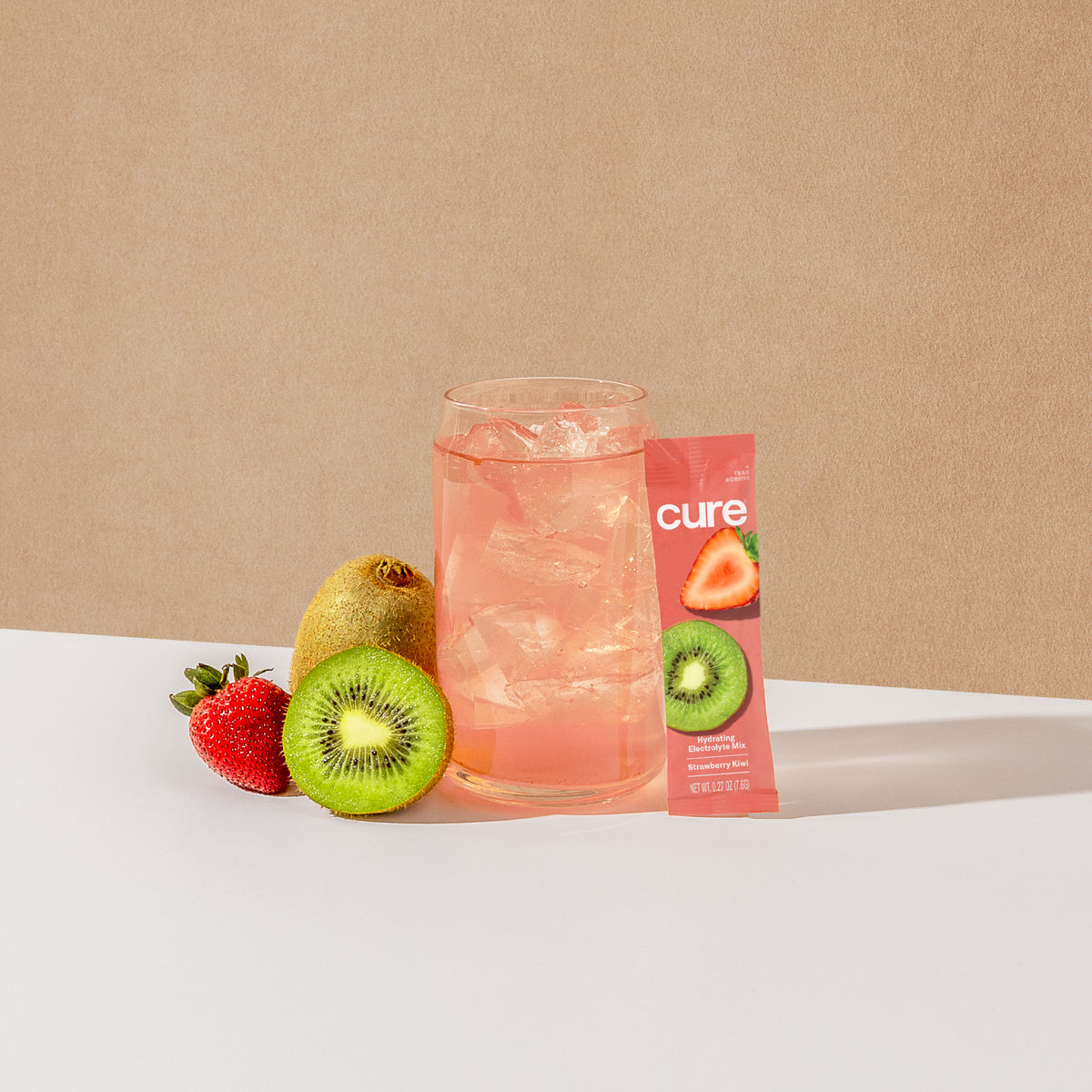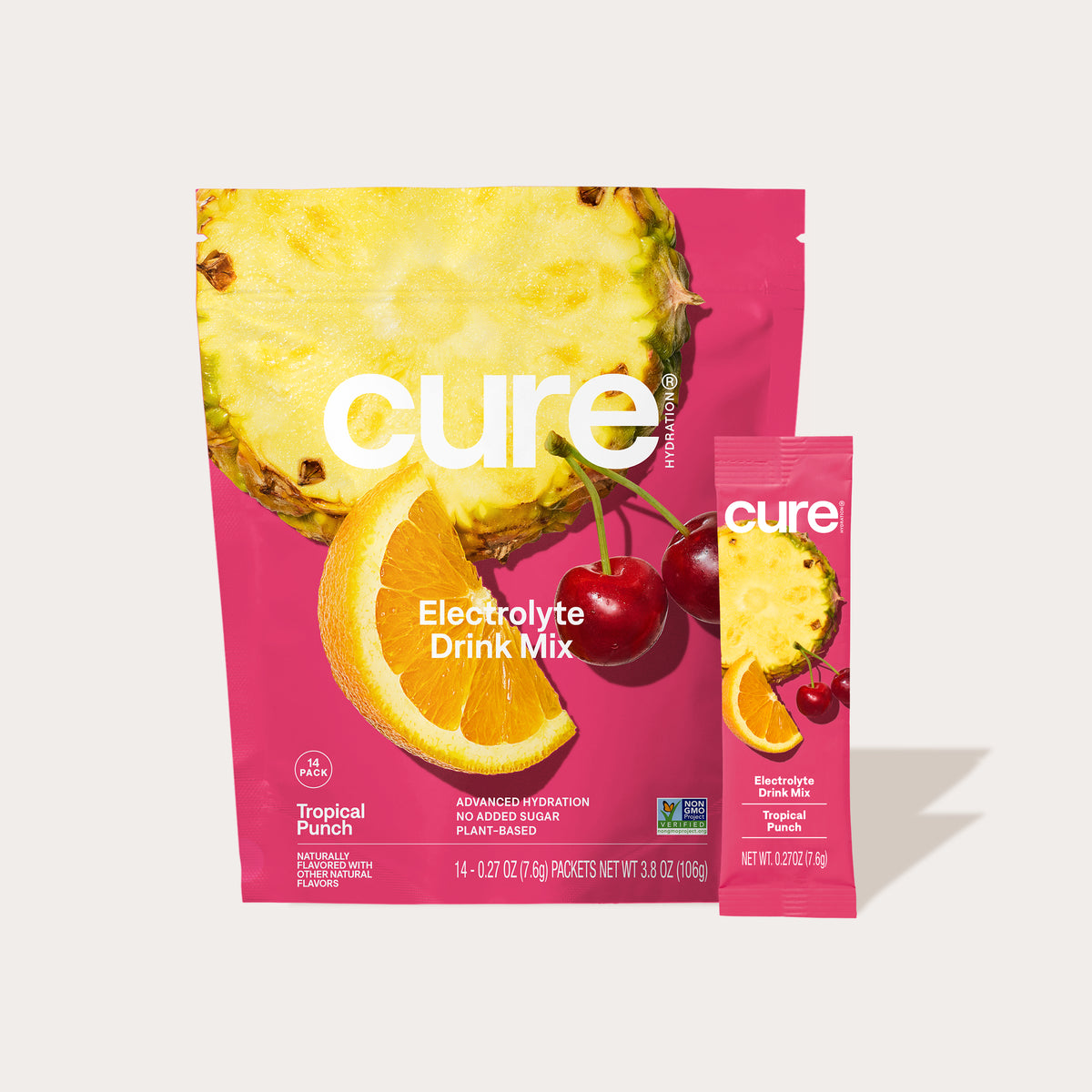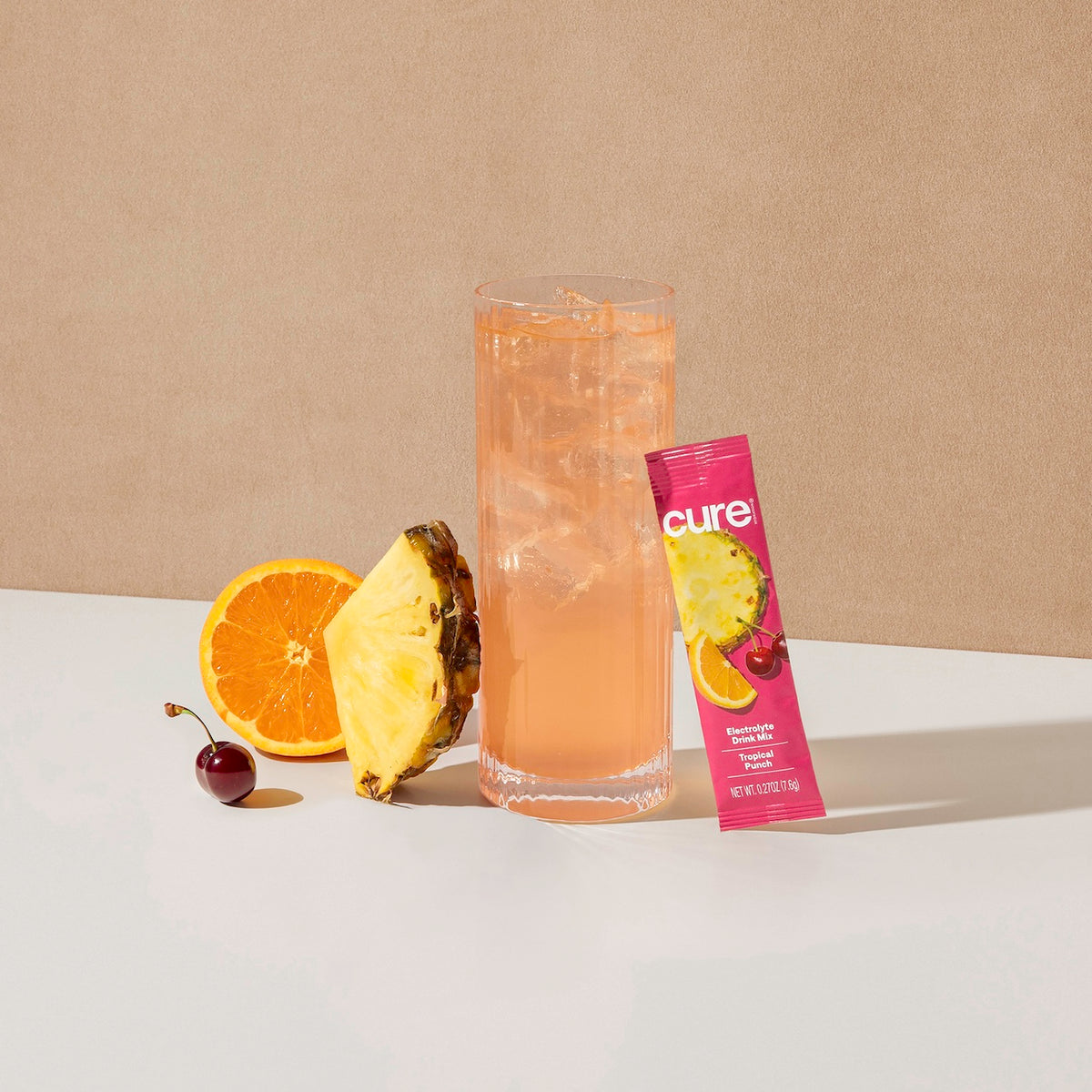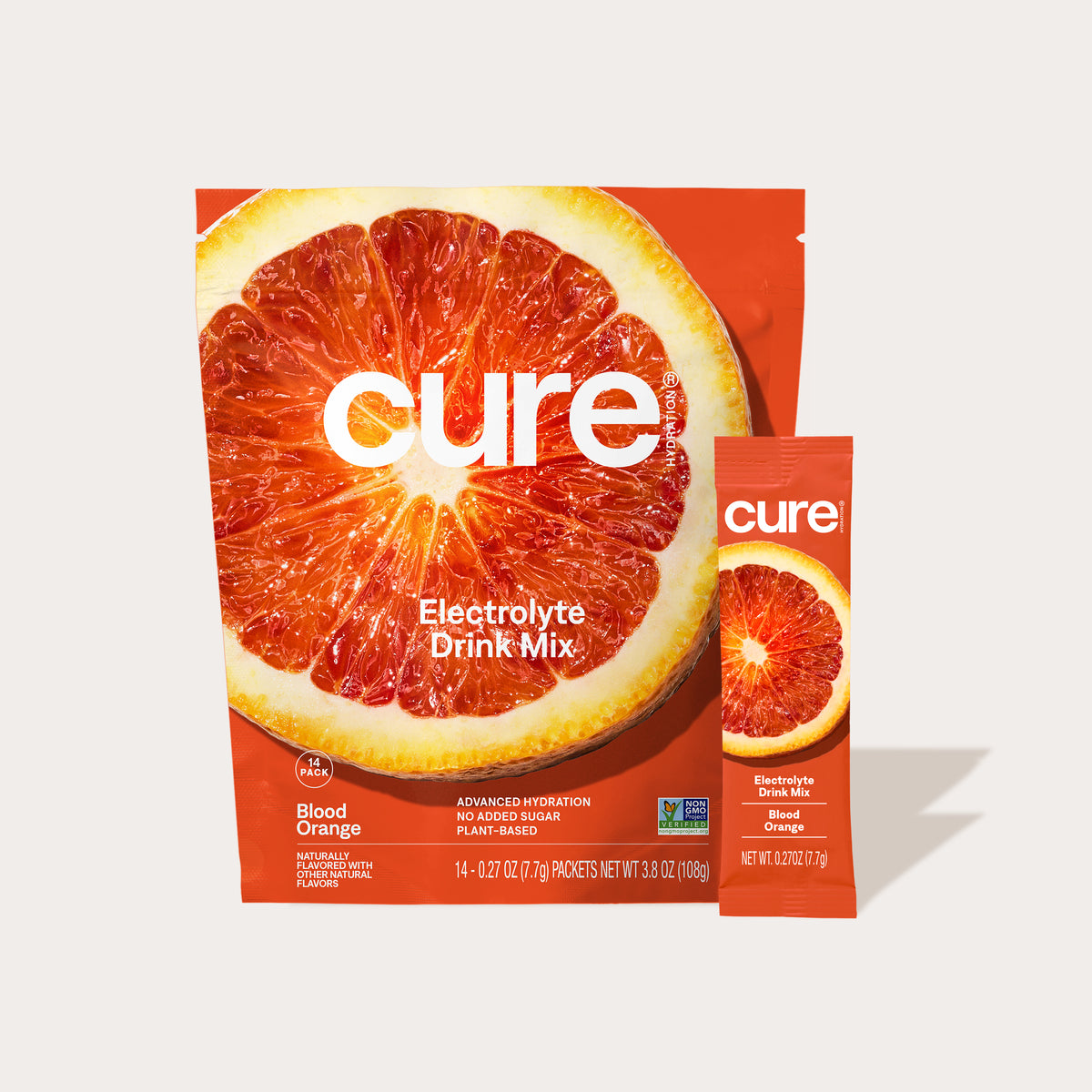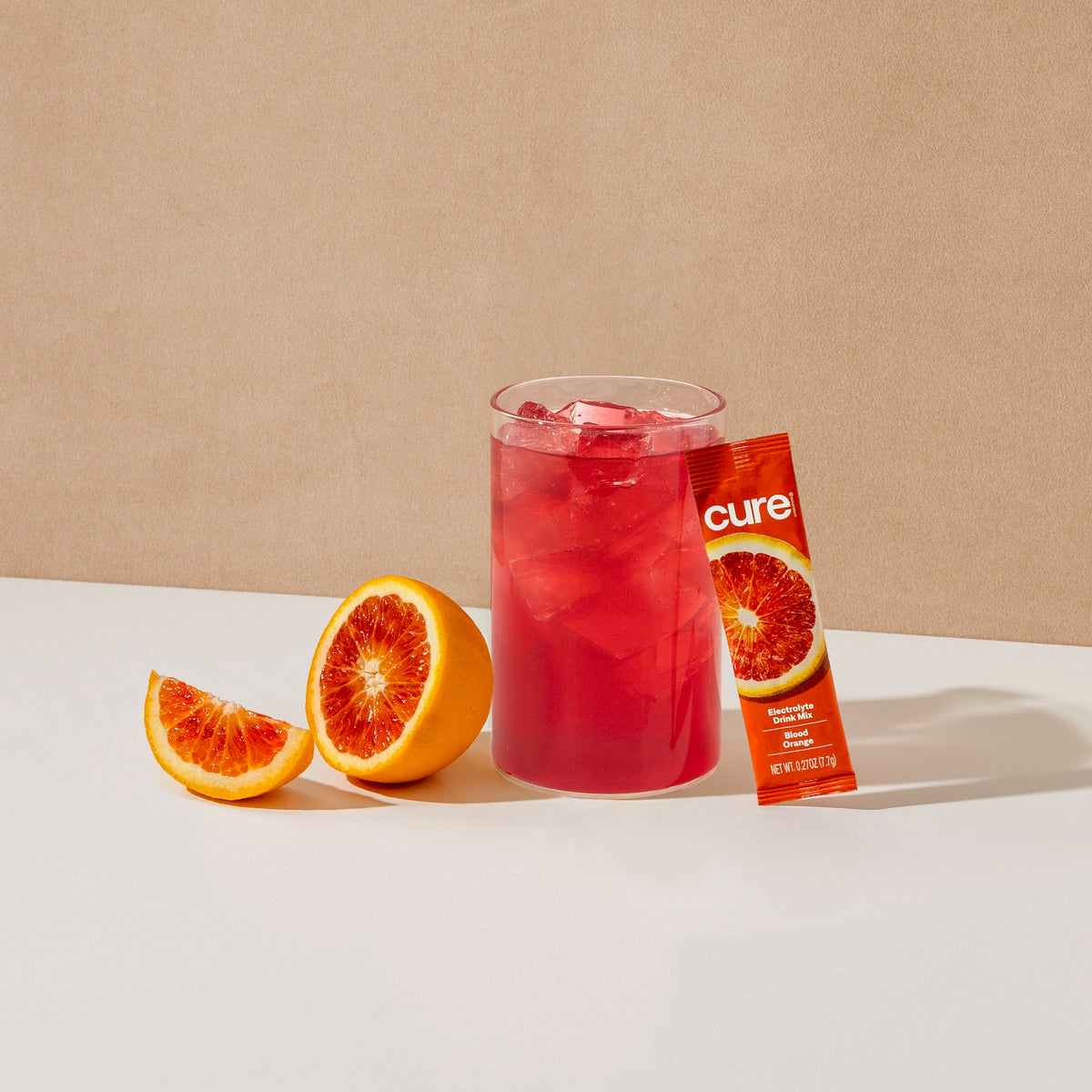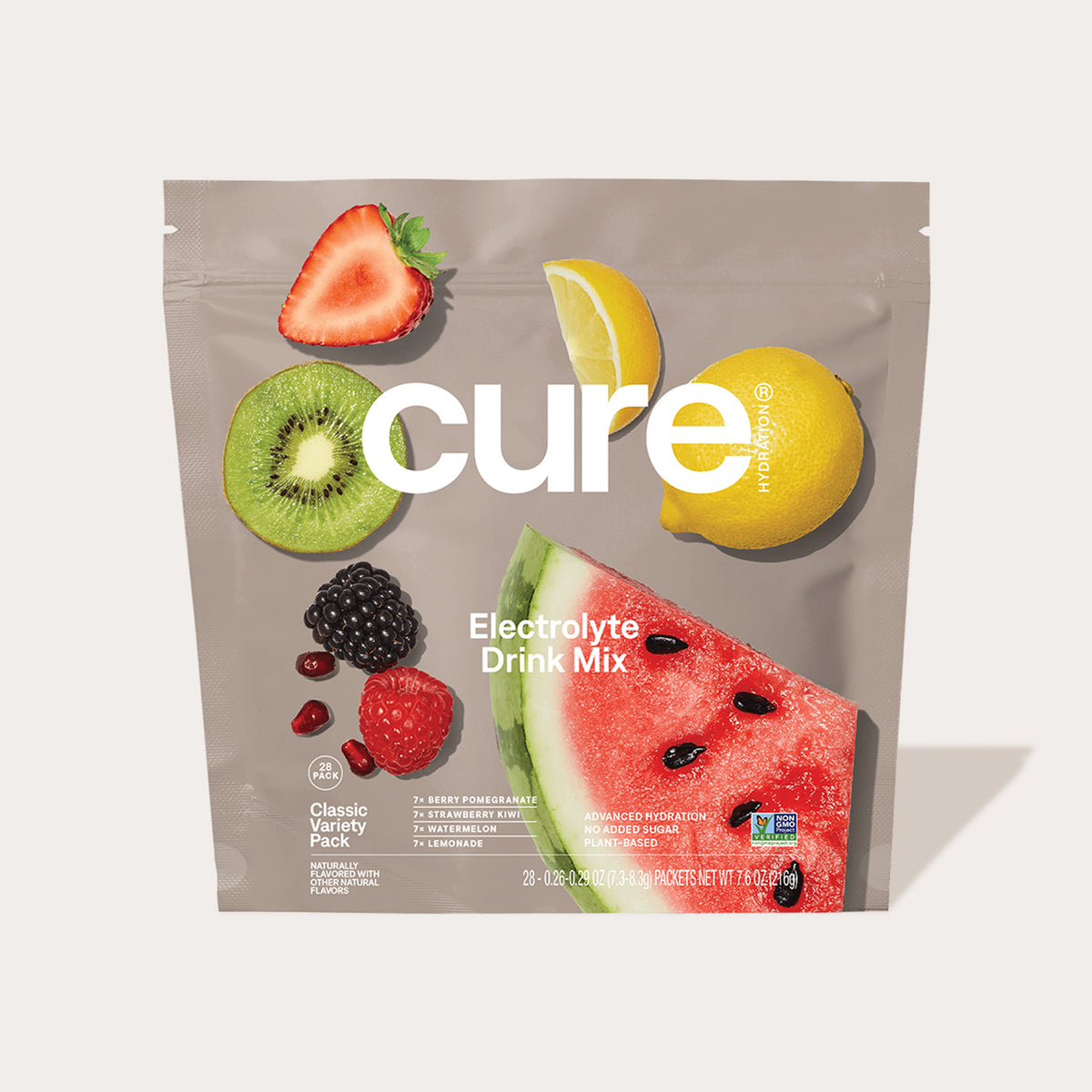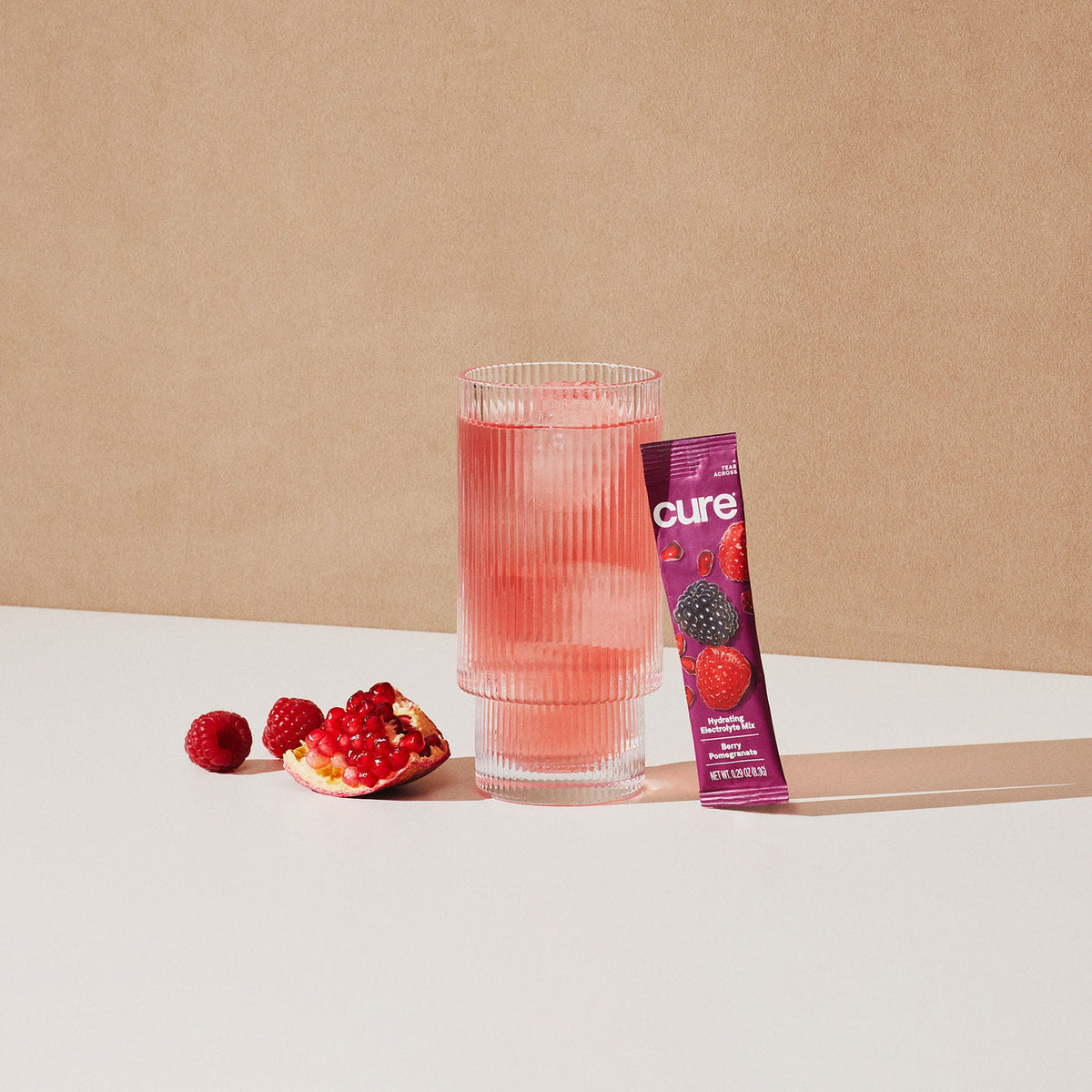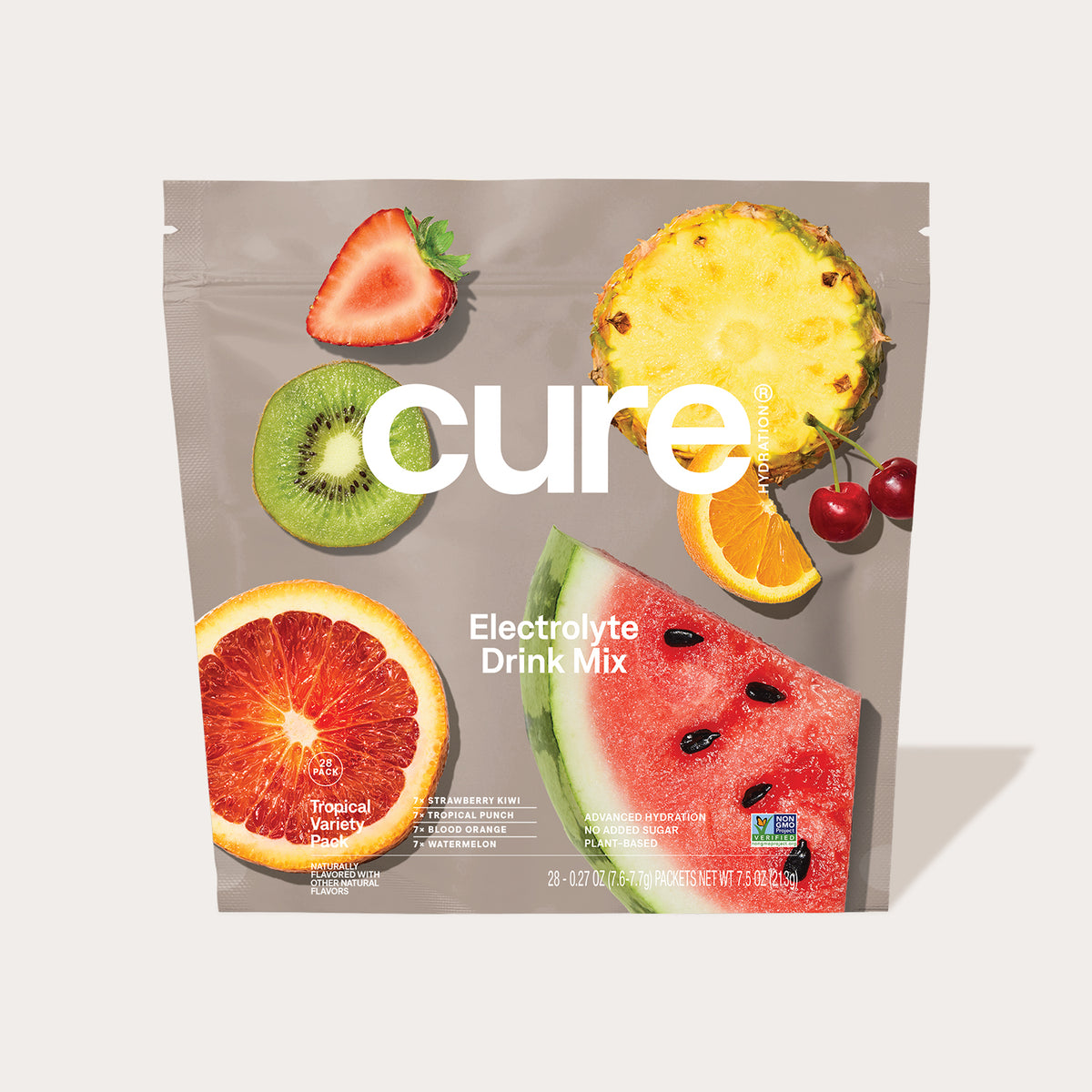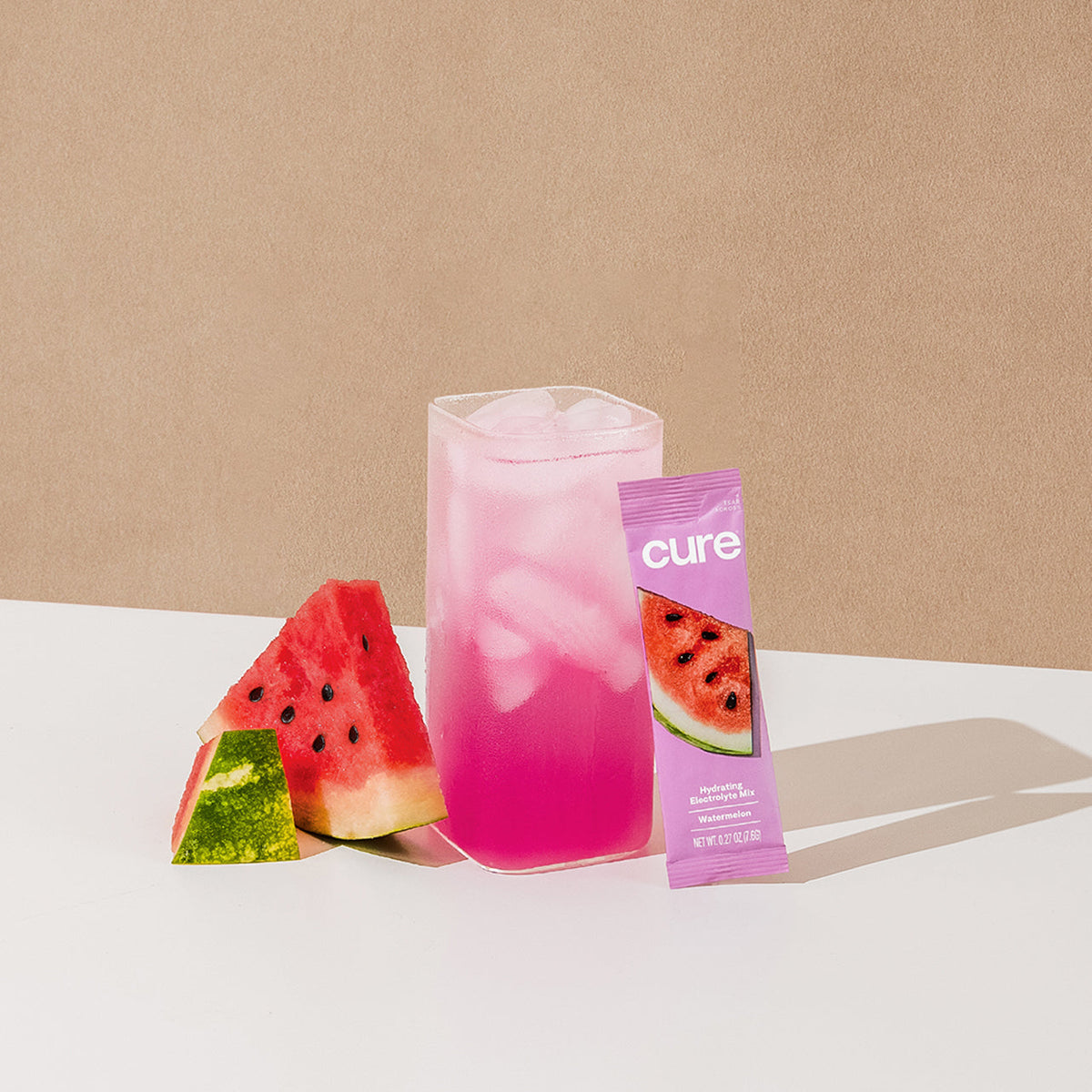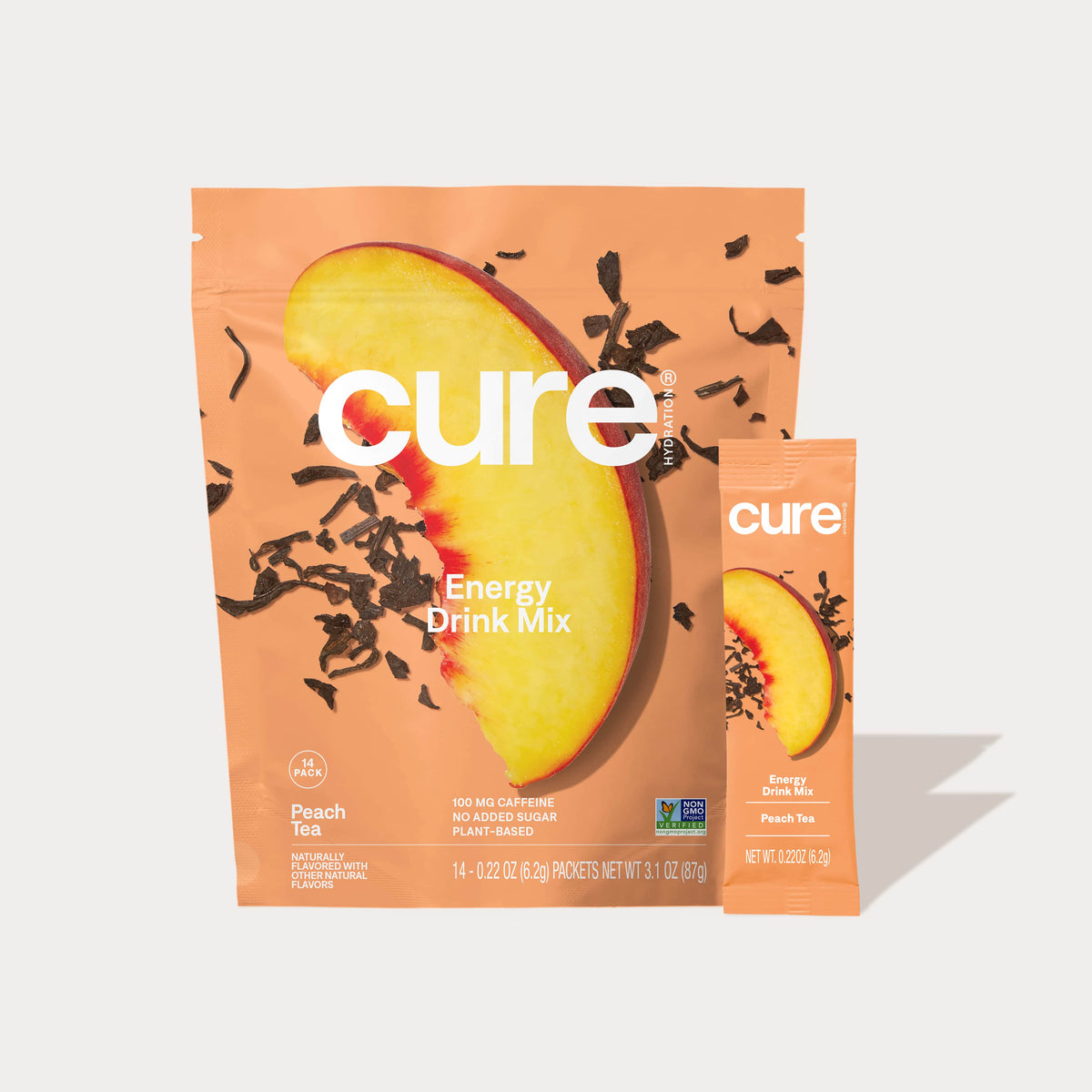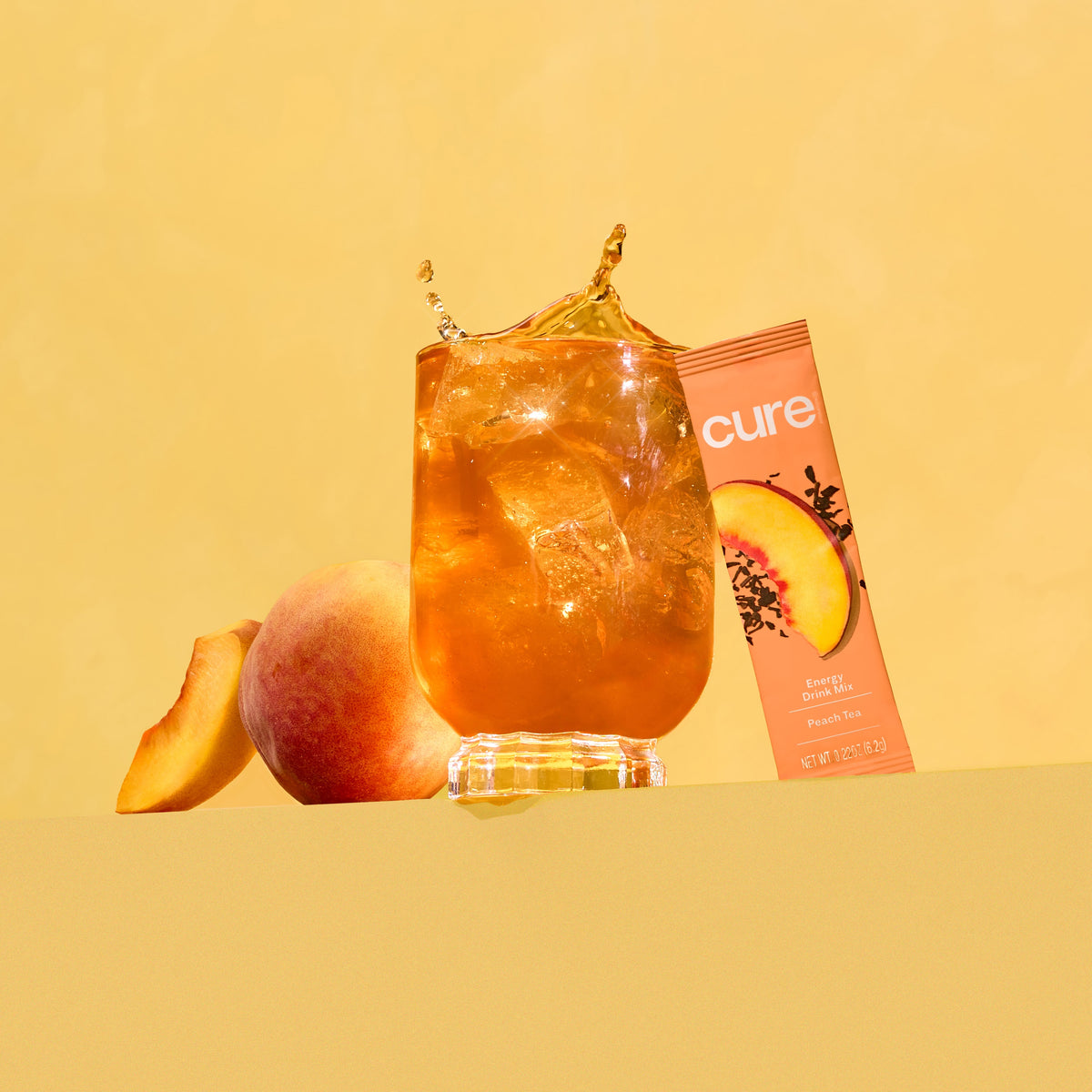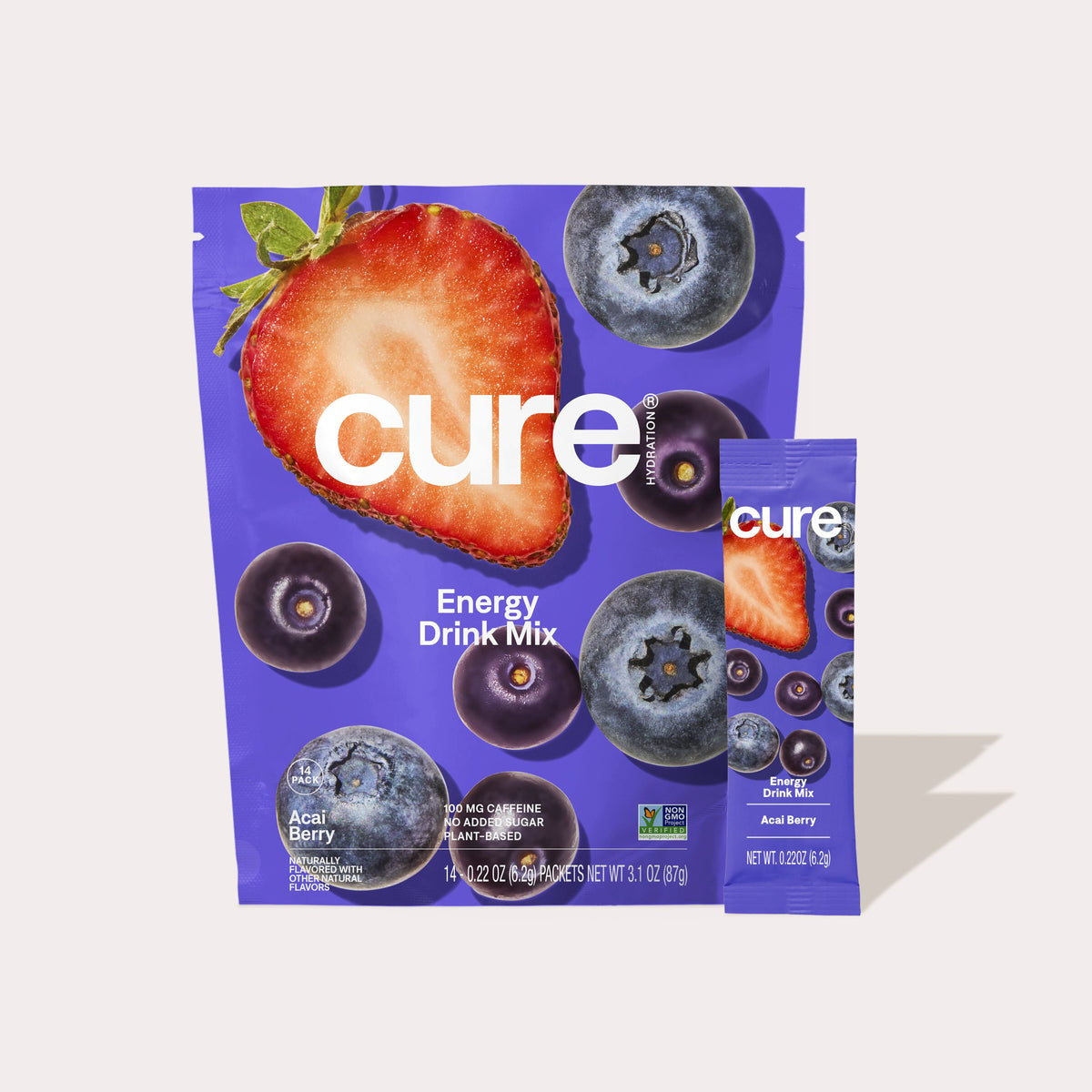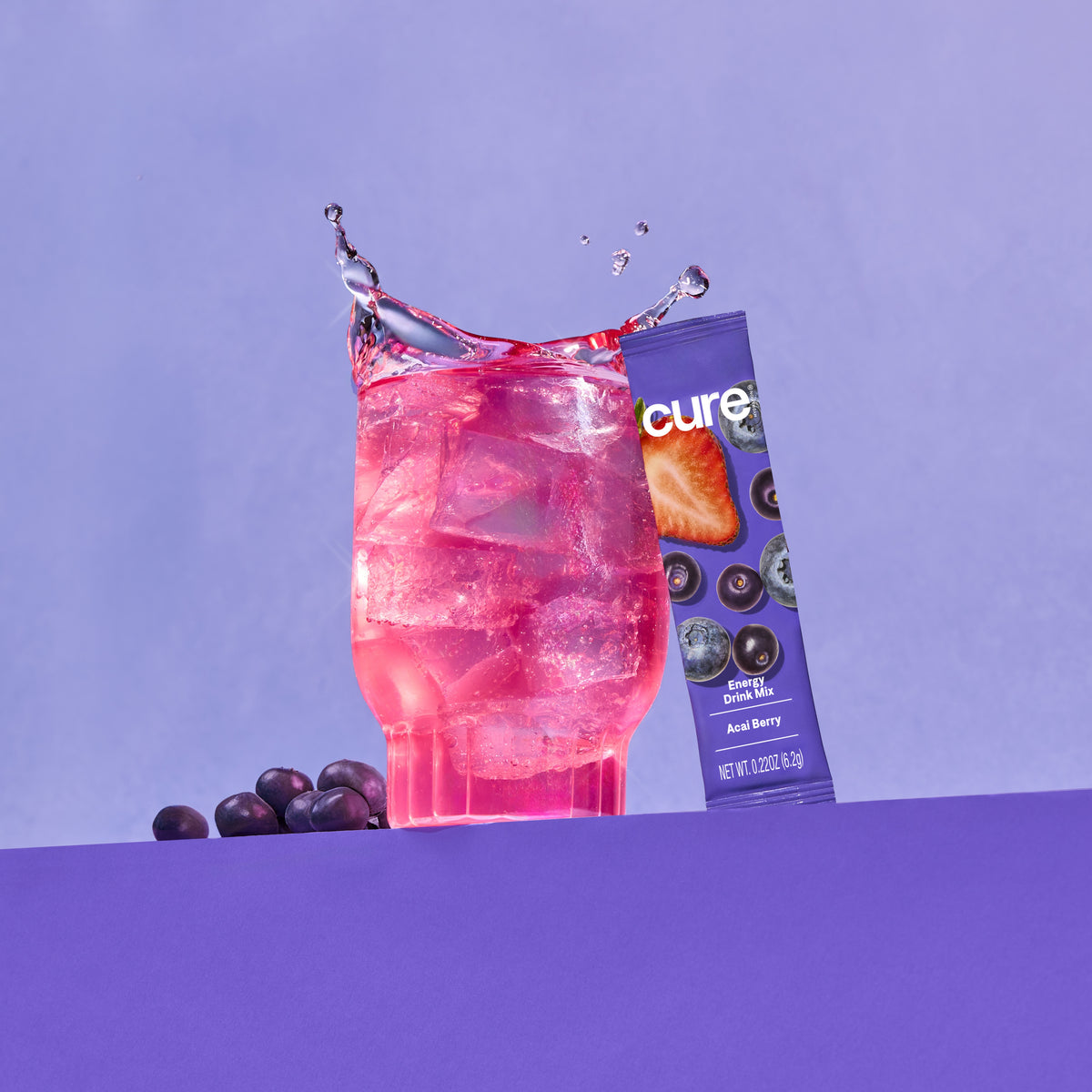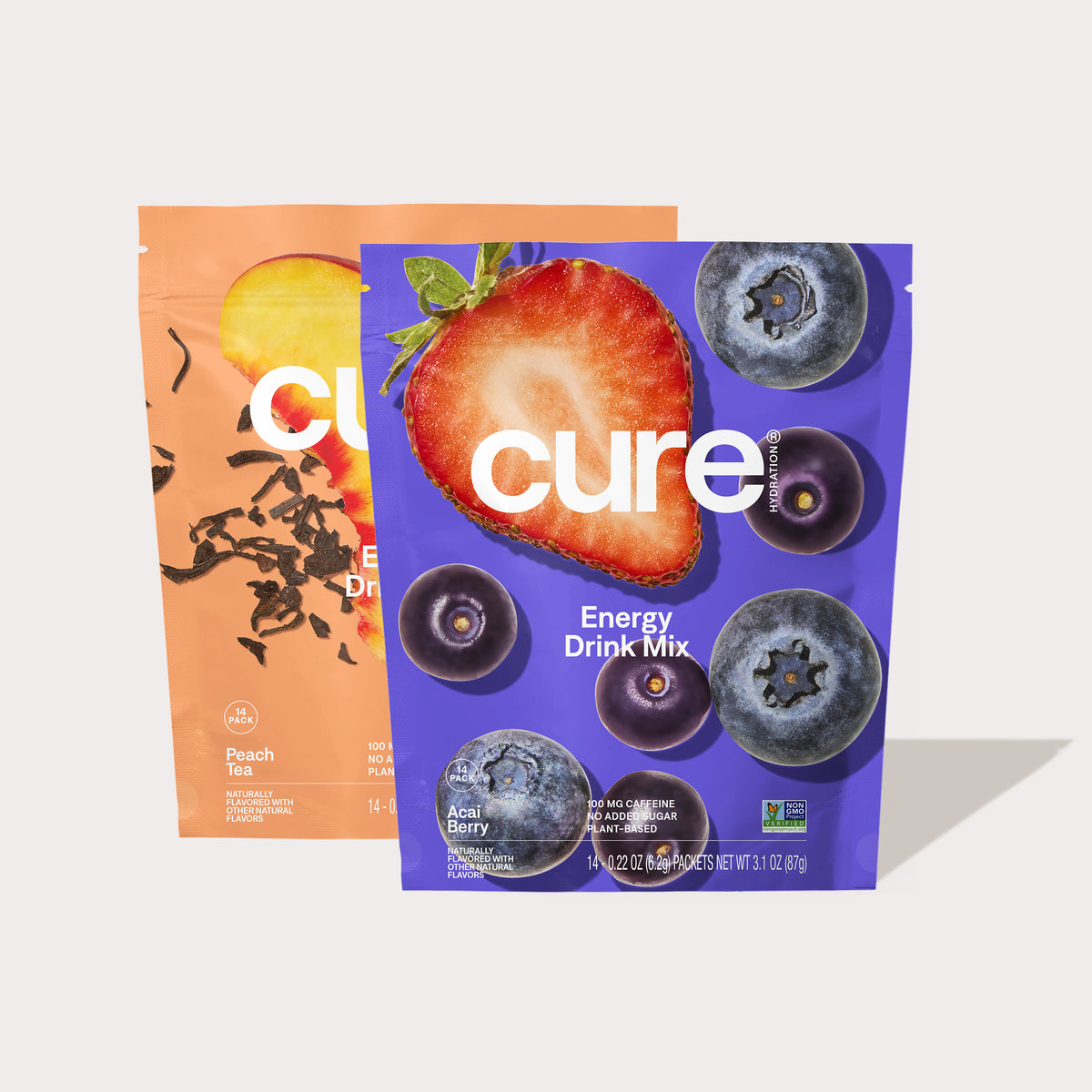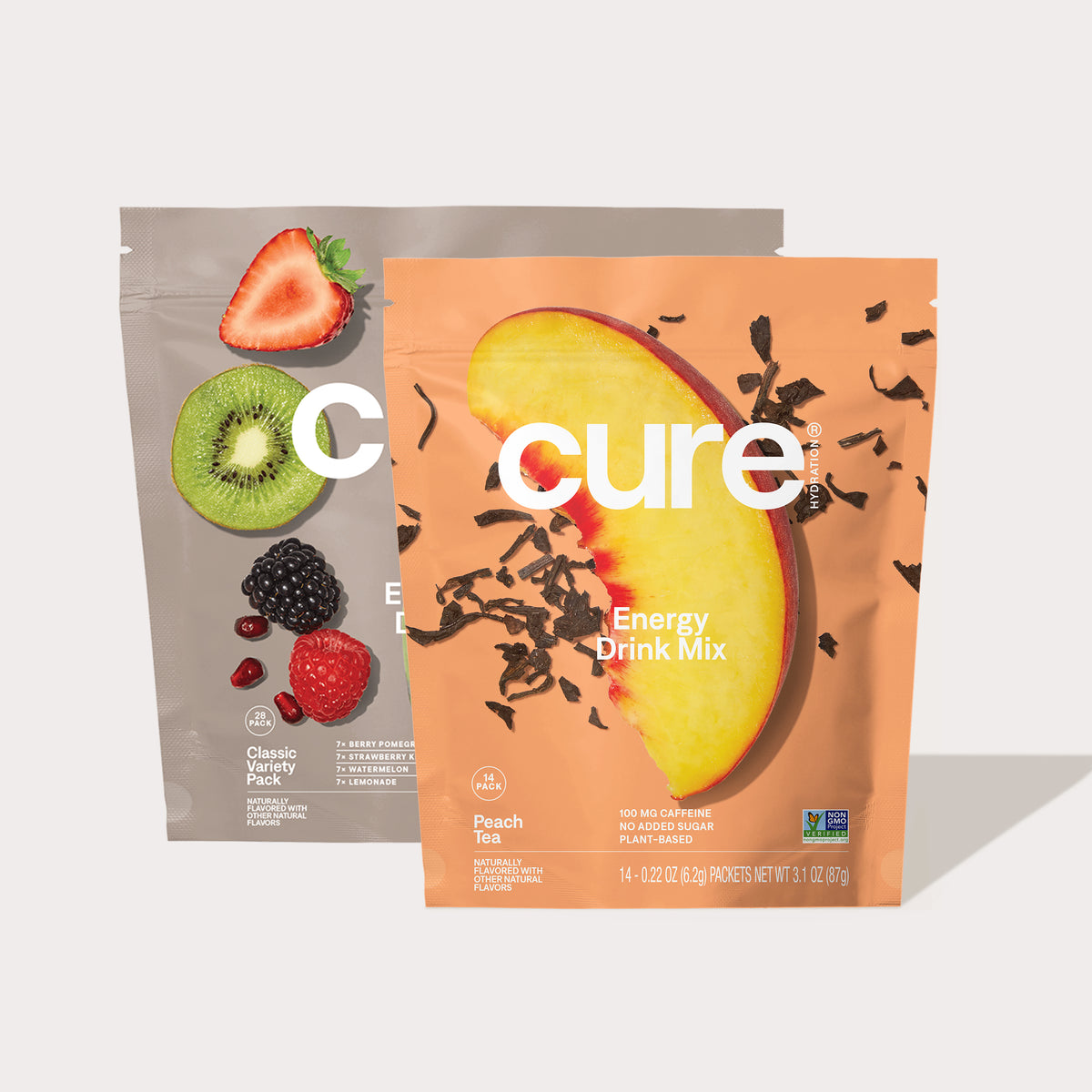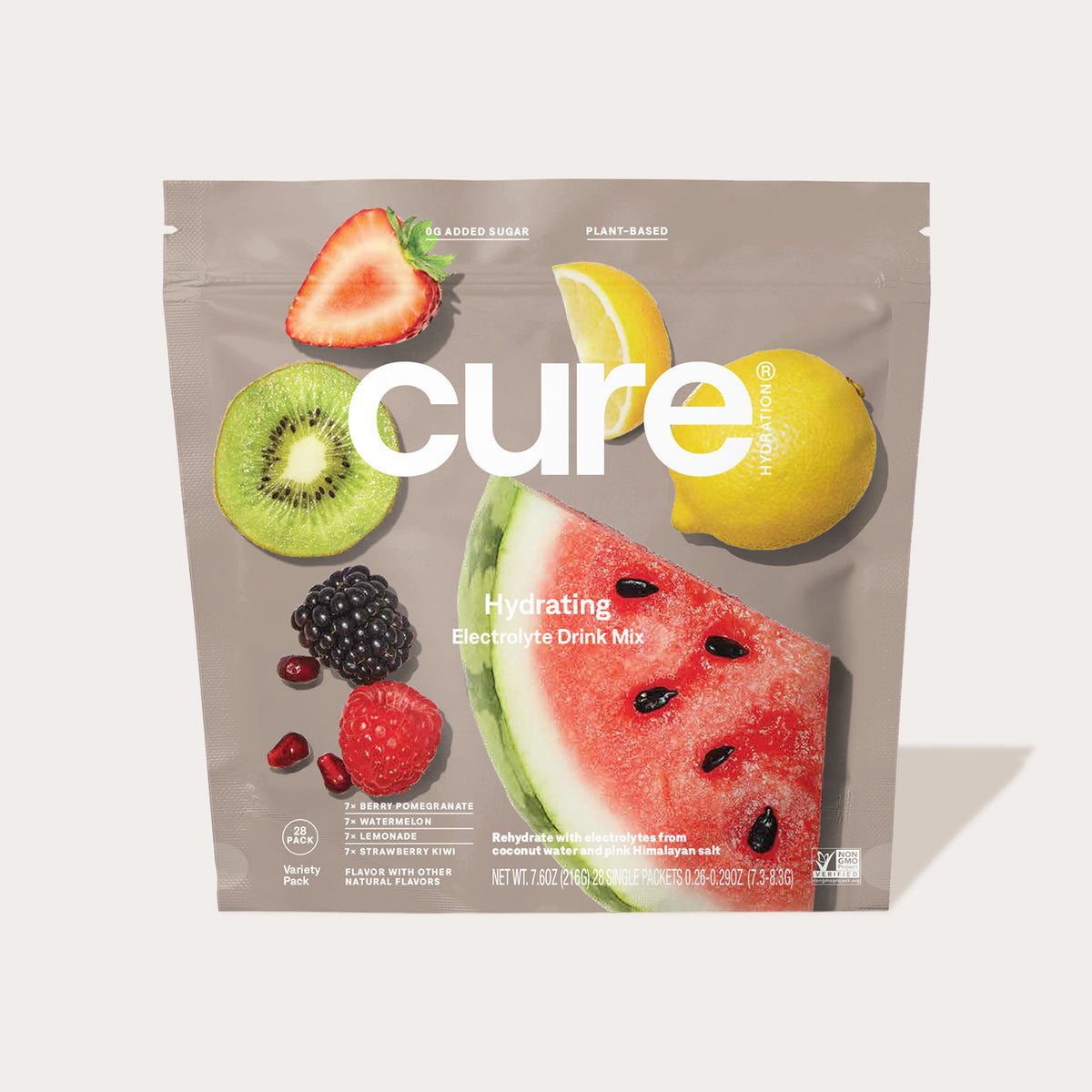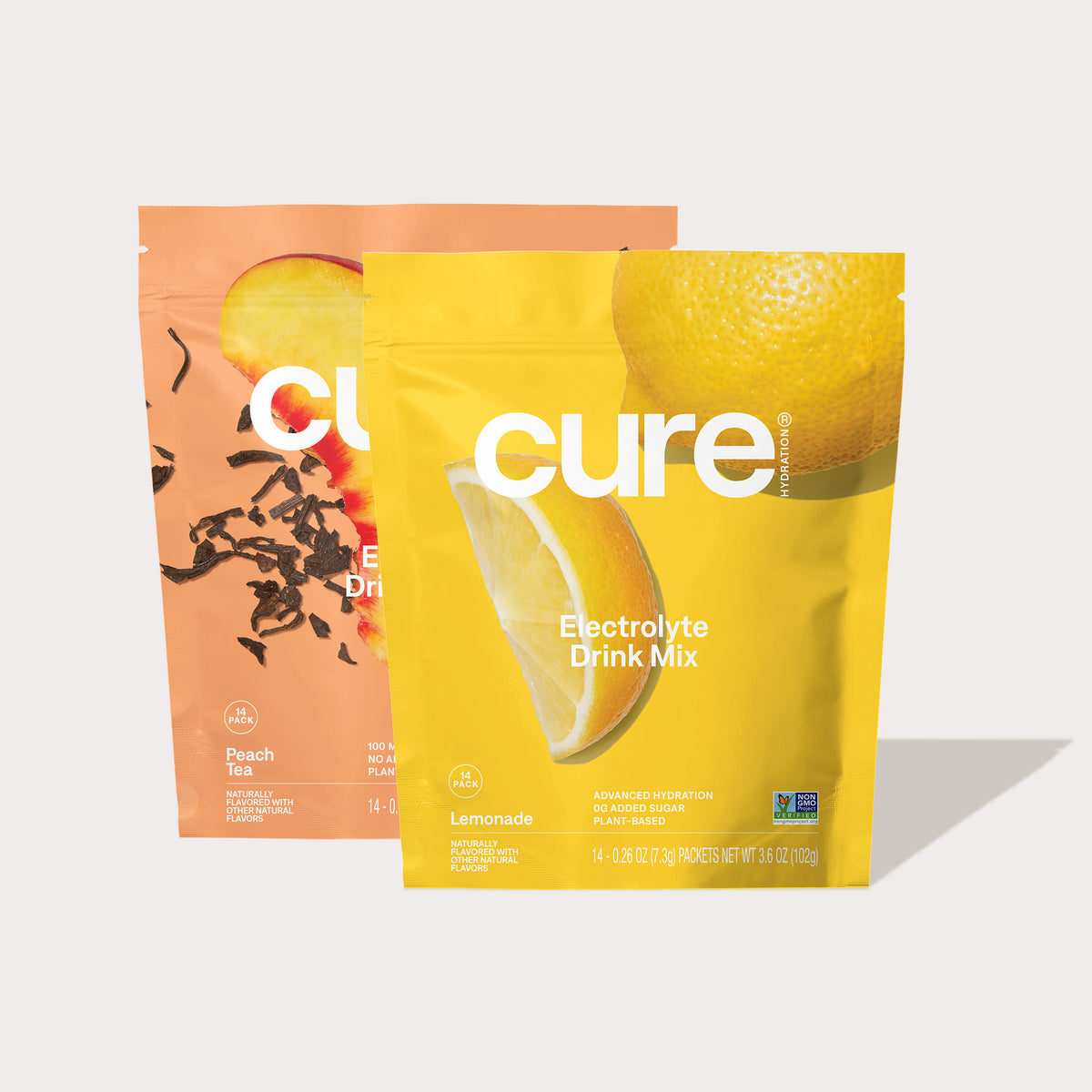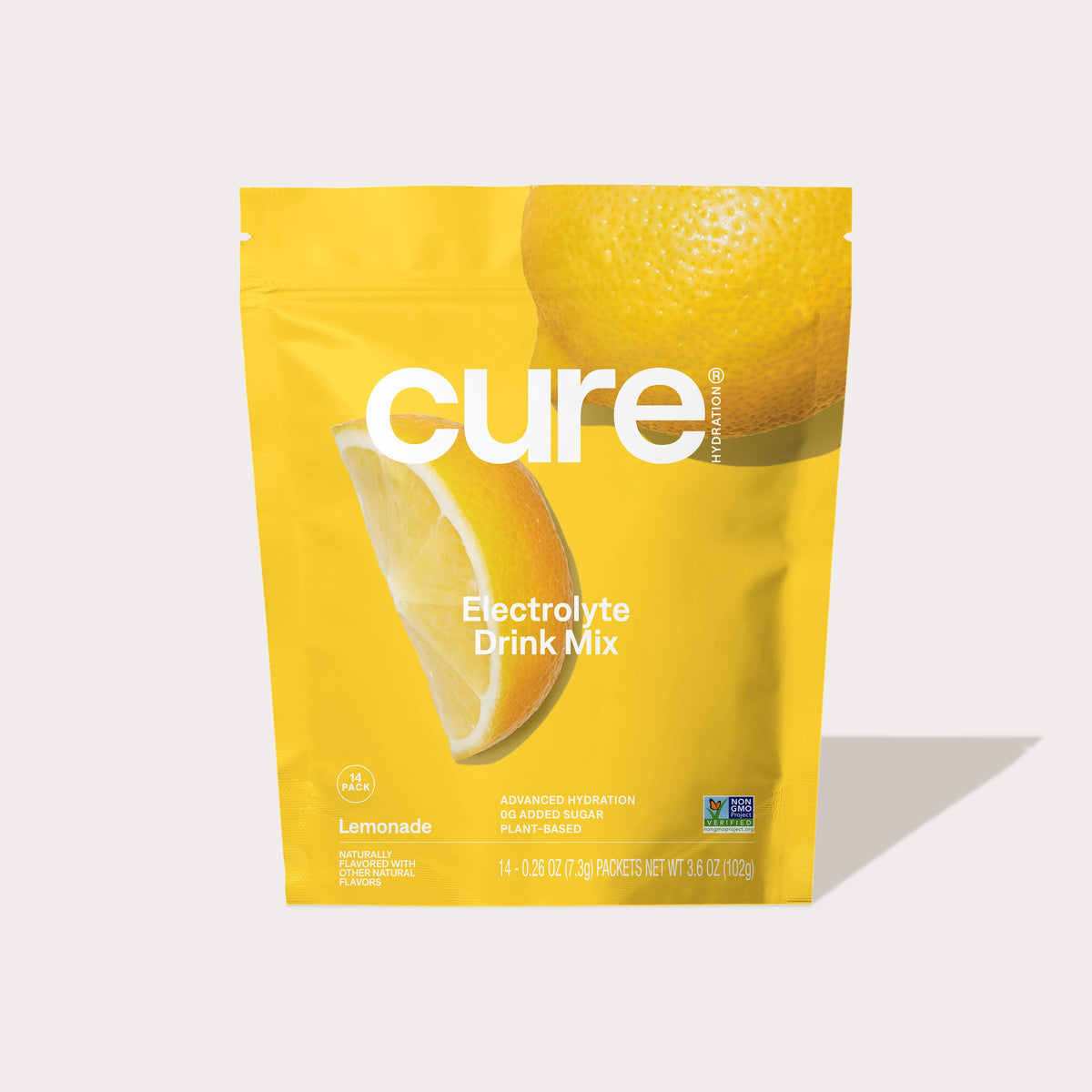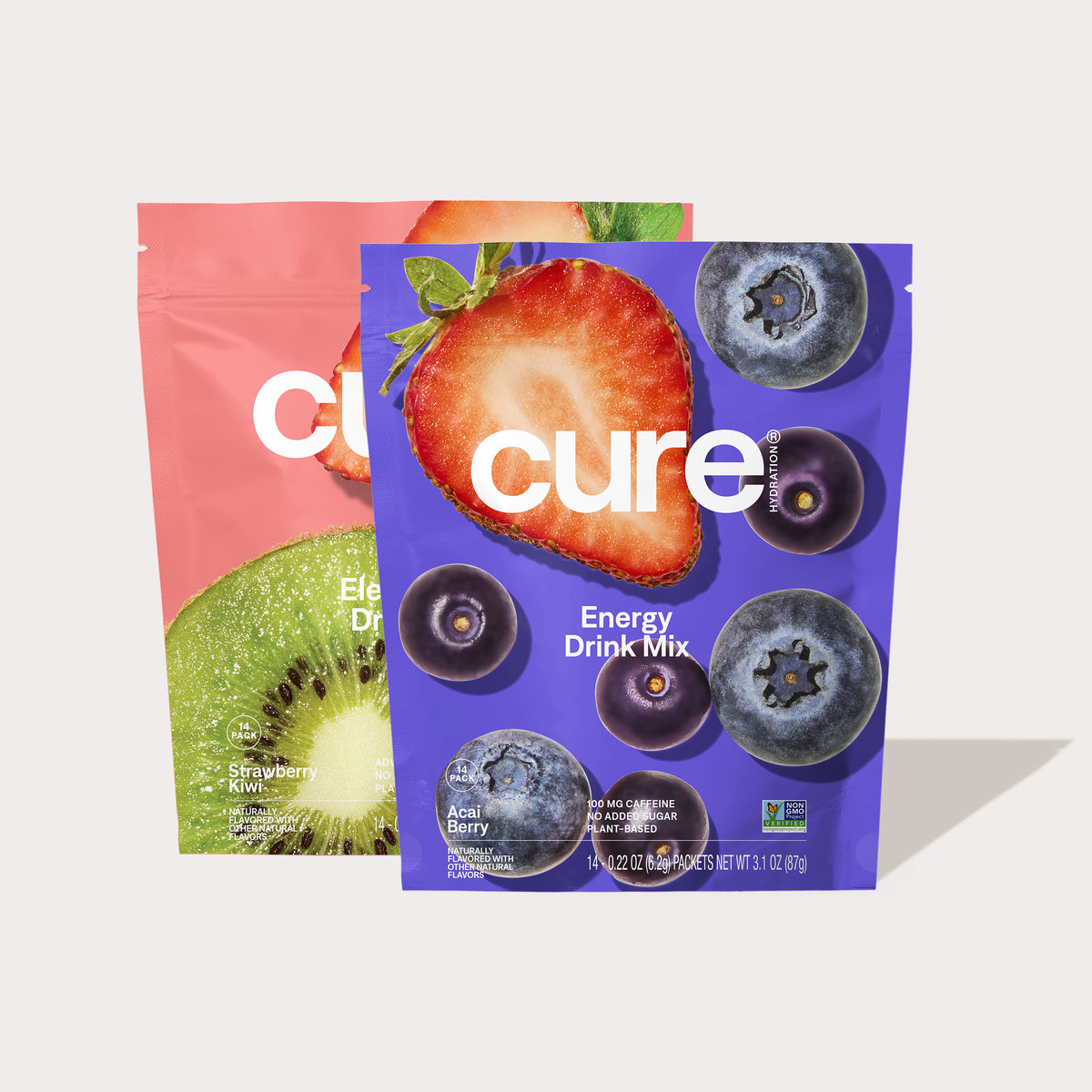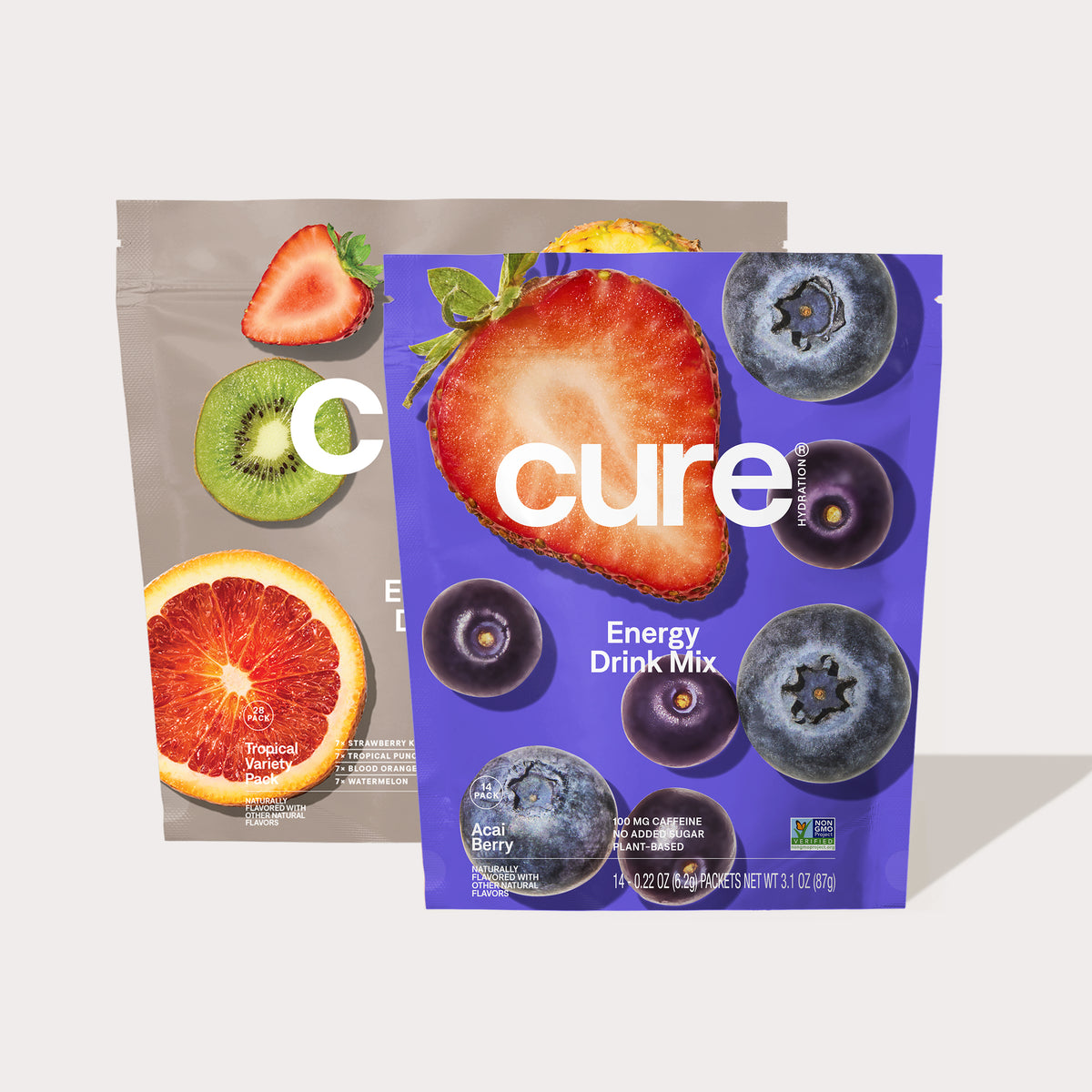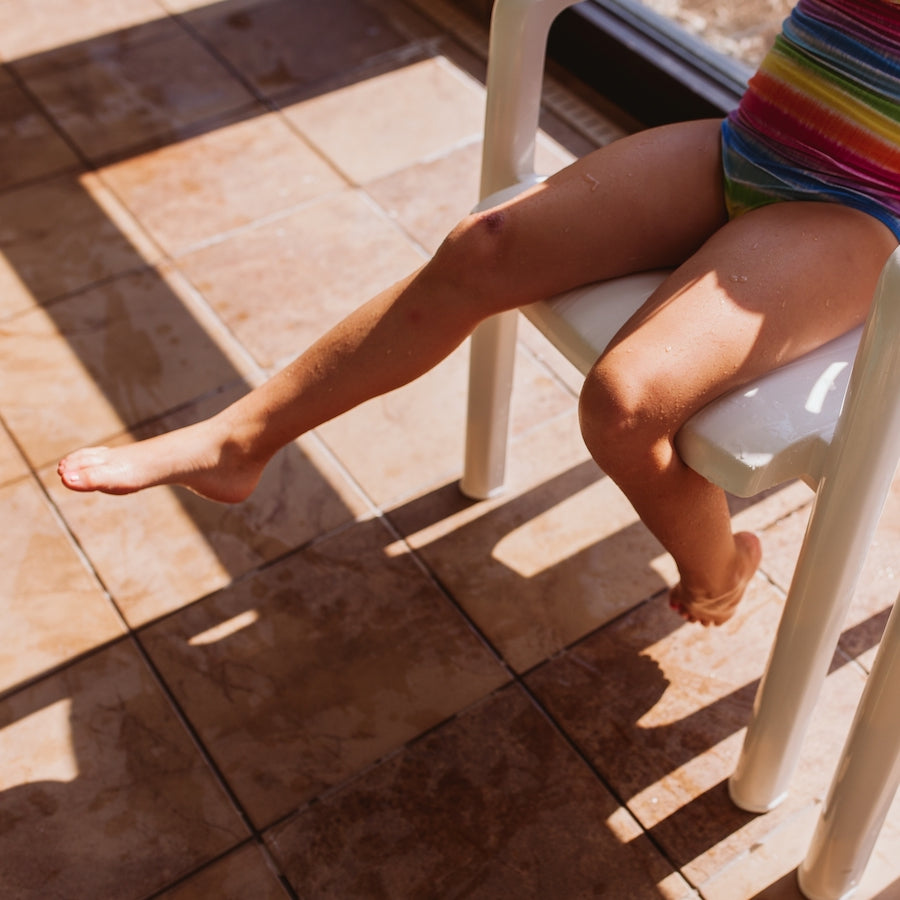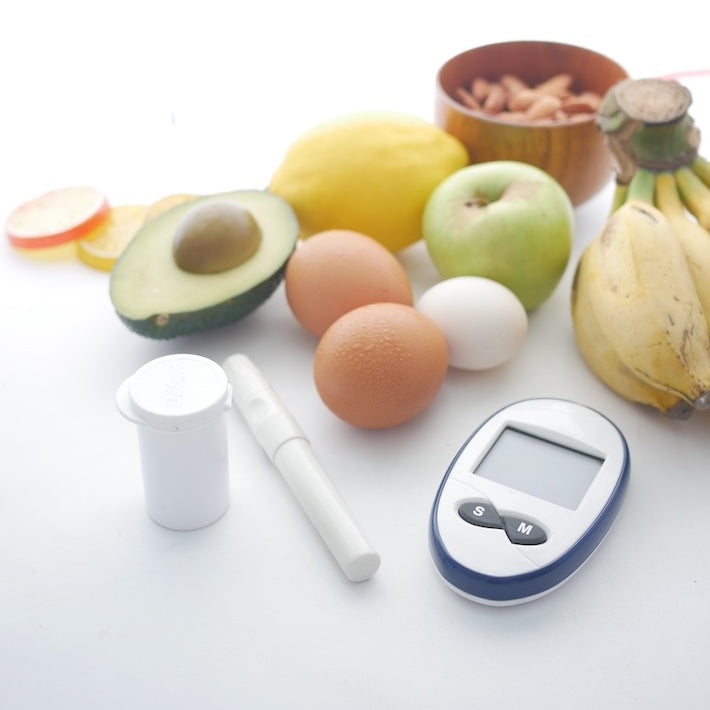We recently sat down with pediatrician Dr. Arunima Agarwal for a Q&A on the importance of hydration for kids. New York-based pediatrician Dr. Arunima Agarwal, originally from Toronto, Canada, is a Board Certified Pediatrician with a rich background in addressing auto-immune diseases, vaccine, nutrition, and chronic illness education through diverse experiences from Children’s Hospital of Los Angeles to Grenada.
Why is proper hydration important for children's overall health and well-being?
Proper hydration is crucial for children as it supports their overall physical and cognitive development. It's not just about quenching thirst; water plays a big role in how their bodies work, like keeping their temperature just right and helping their stomachs digest food. Plus, when kids are well-hydrated, they're likely to be more focused, happier, and full of energy. It's a simple way to make sure they're set up to grow, learn, and be healthy.
What are the signs of dehydration in kids, and how can parents identify them?
Parents should be aware of several key signs of dehydration in children. First of all, listen when they say they are thirsty! Kids are less likely to recognize thirst triggers as signs of dehydration, so if they are actually telling you they need to drink something, that’s an important signal. If they're not using the bathroom much, or their pee is darker than usual, that's a sign. Also, keep an eye on less obvious clues like a dry mouth, being grumpy, or feeling more tired than normal. In more serious cases, if their eyes look a bit sunken or their skin doesn't bounce back quickly, they need to hydrate ASAP.
How can parents encourage their children to drink more water and maintain good hydration habits?
Getting kids to drink more water can be simple with a few tricks:
- Be a Water-Drinking Role Model: If they see you or their siblings enjoying water, they'll want to join in.
- Set Reminders for the Whole Family: This helps make drinking water part of your daily routine.
- Use Fun Drinkware: Let them pick out a cool water bottle or cup with their favorite colors or characters.
- Add a Splash of Flavor: Toss in some fruit slices like orange or strawberry to make it tastier.
- Offer Healthy Drink Mixes: Look for mix-ins that have no added sugar and are free from artificial ingredients like sweeteners, flavors, or colors. This can make water more appealing without the junk.
- Make Hydration Fun: Set up little challenges or use a chart with fun stickers to track how much they drink. Add small rewards for hitting their water goals.
- Build It into Their Routine: Make drinking water a regular part of their day, like after brushing teeth or before snack time.
How does an electrolyte like Cure hydrate kids better than plain water?
Cure Hydration's mix is more than just water; it's based on the science of what bodies need to stay hydrated. The World Health Organization (WHO) suggests solutions like this - they formulated the Oral Rehydration Solution formula over 50 years ago. Cure's formula is based on WHO's ORS, following a specific blend of sodium, potassium, and a bit of glucose, which helps kids absorb water faster than plain water can. When they're running around, sick, or it's hot out, their bodies lose these important minerals. That's where Cure comes in, replacing what's lost and keeping their hydration in check.
When do you advise giving your child an electrolyte like Cure (e.g. sickness, sports, weather, etc.)?
I recommend an electrolyte solution like Cure in specific situations where kids may be at a greater risk for dehydration, like after physical activity like sports games, during illness (especially those where symptoms include vomiting or diarrhea), or in extreme heat. These conditions increase the risk of dehydration and electrolyte imbalance, and a product like Cure can help replenish lost fluids and electrolytes more efficiently than water alone. But honestly, it's also a great option for everyday hydration!
When and why do you recommend Cure to your patients over products like Pedialyte or Gatorade?
When I suggest Cure over something like Pedialyte or Gatorade, it's because of what's in it (and what's not). Unlike Gatorade, Cure sticks to the ORS formula, which is the gold standard in rapid rehydration. Pedialyte and Gatorade, while popular, can have more sugar and artificial ingredients, which isn't ideal for regular hydration.
Are there common misconceptions about children's health or hydration that you frequently encounter?
A lot of people think kids only need to drink more when they're sweating or it's super hot outside. But actually, they need to stay hydrated all the time, no matter what they're doing or the weather. Another thing is the belief that sugary drinks or sports drinks are good for hydration. In reality, they can do more harm than good, leading to further dehydration. So, sticking to water, fruits and vegetables that have high water content like cucumbers and watermelons, and healthy hydration options like Cure is the way to go.

